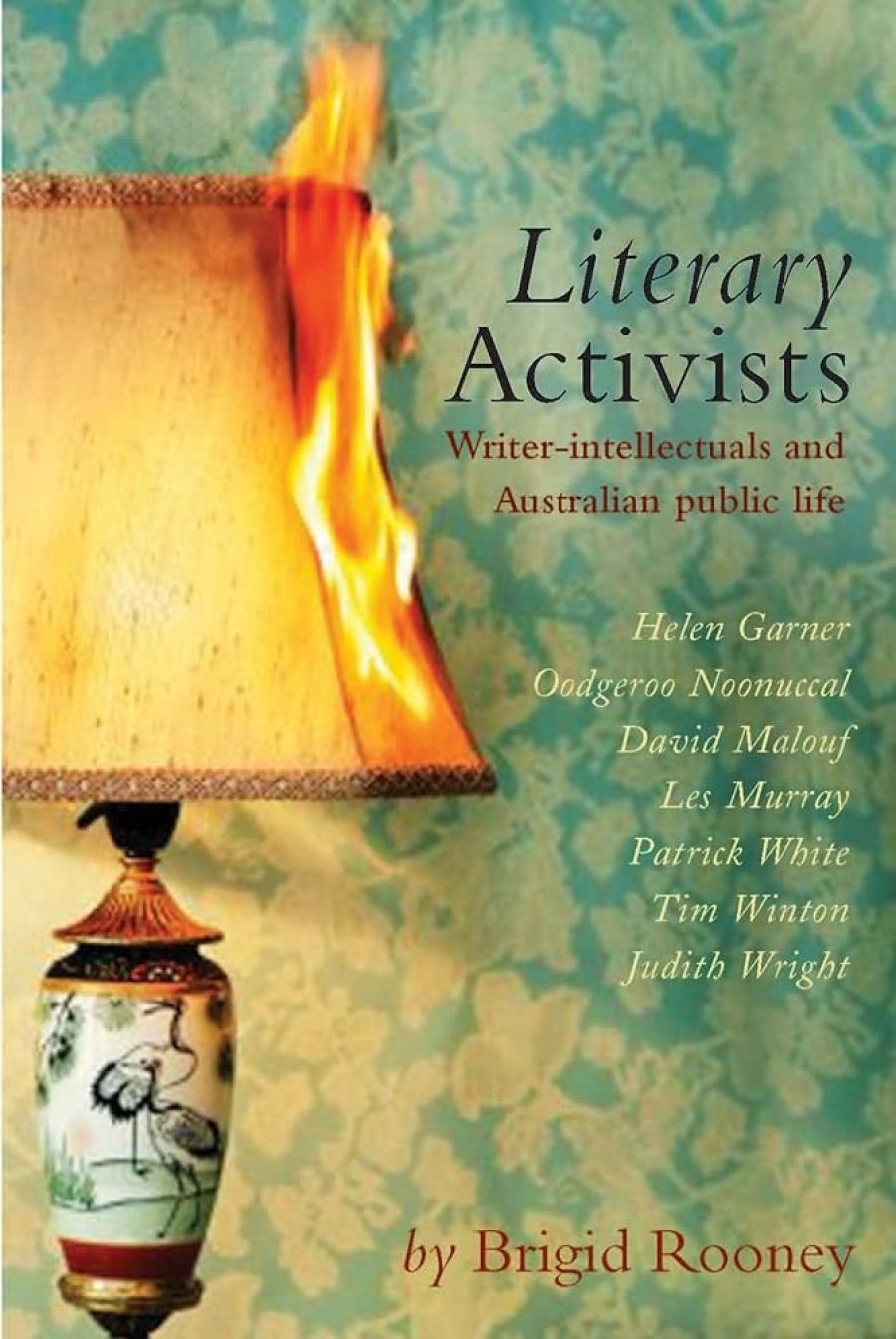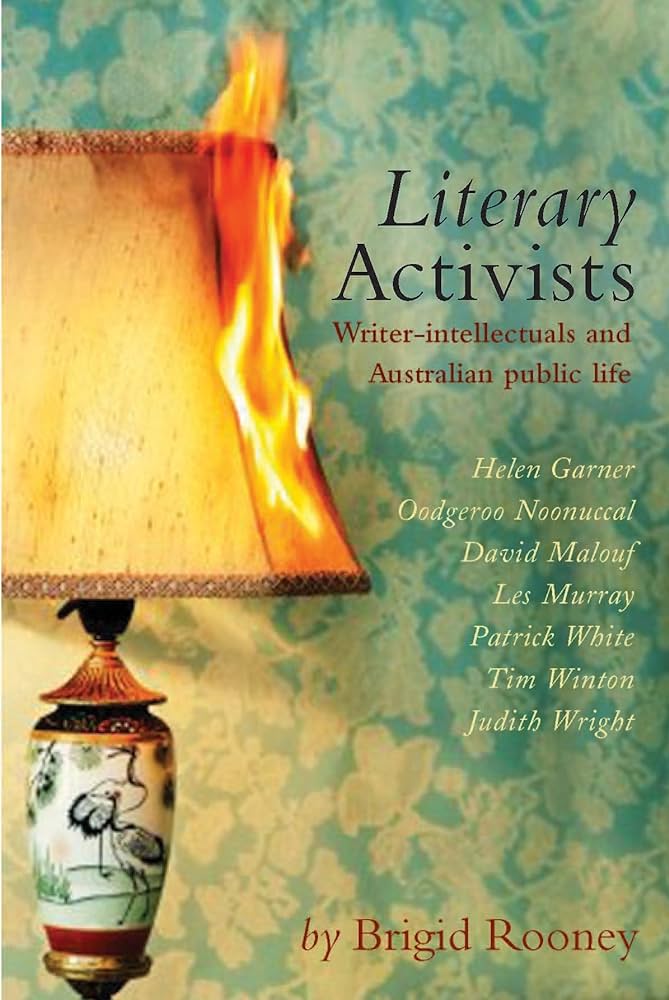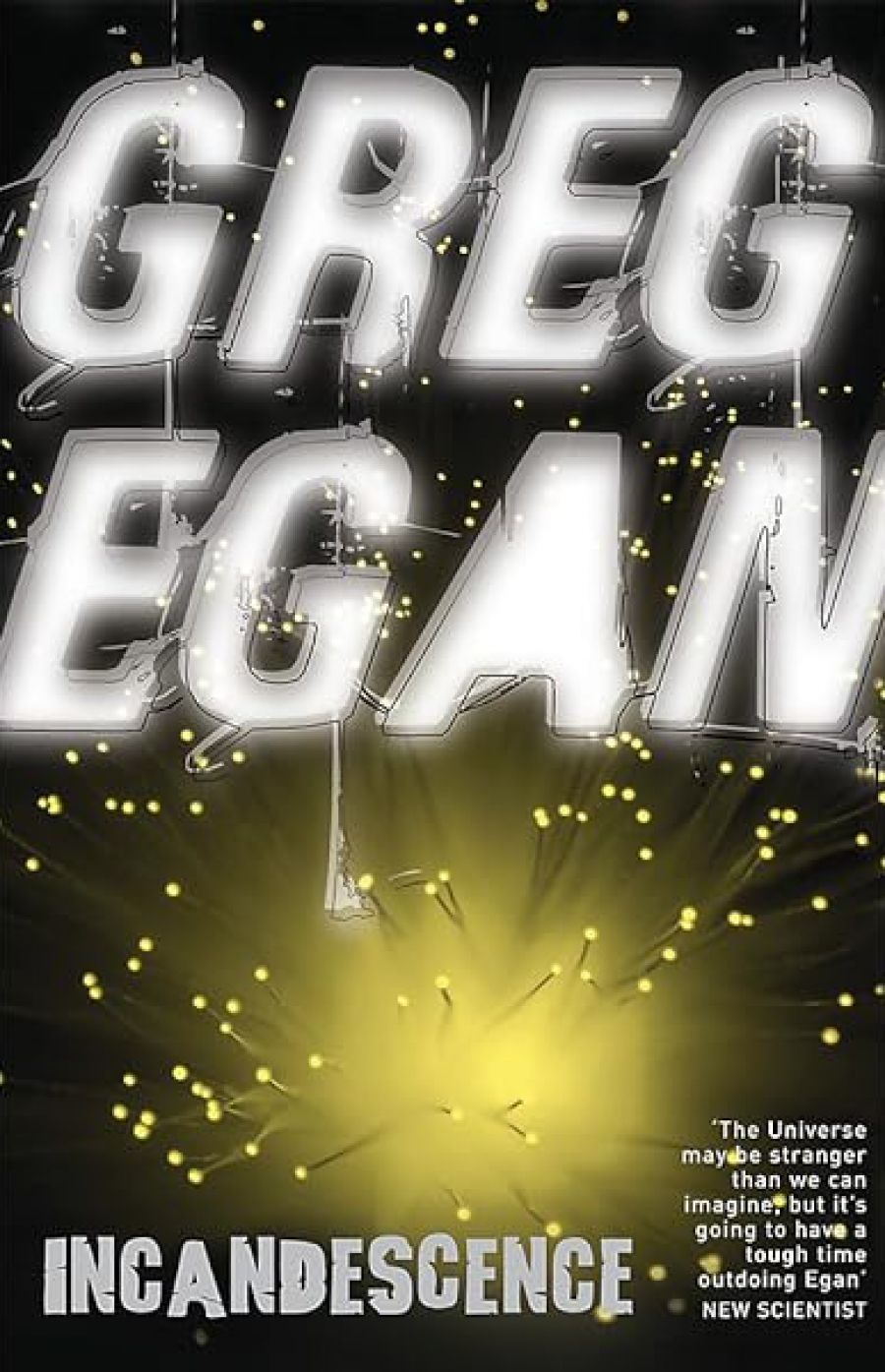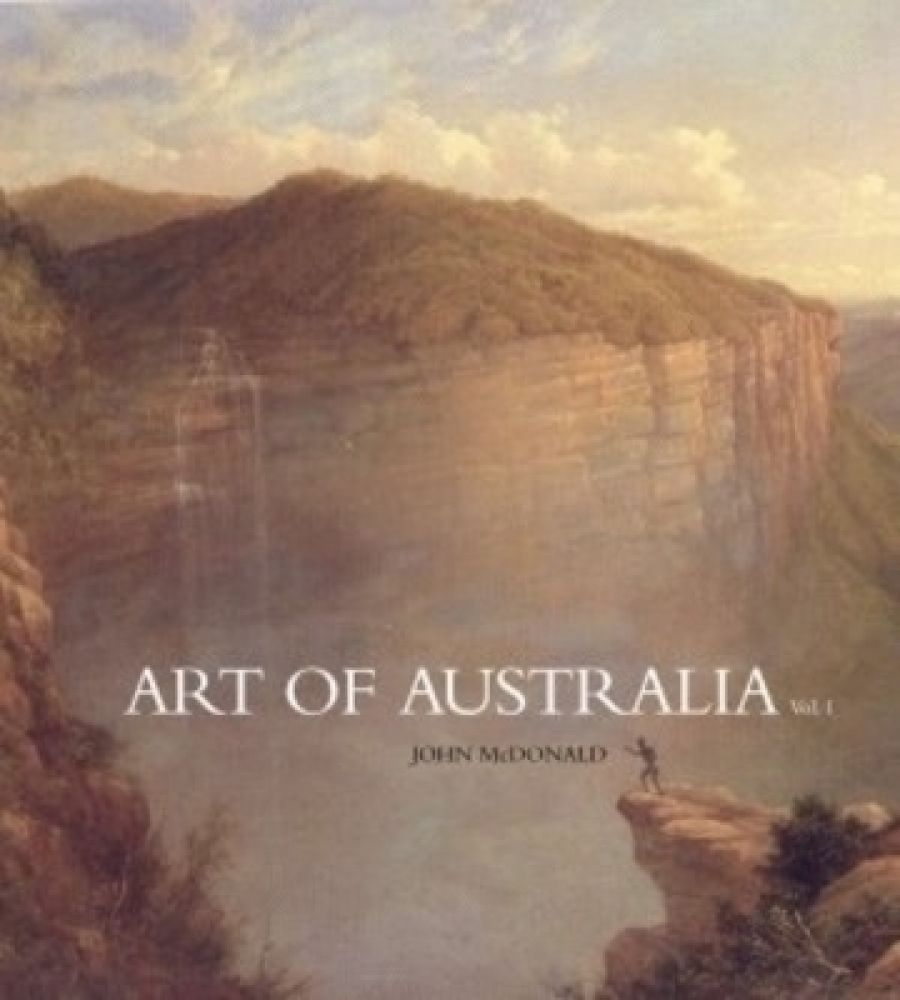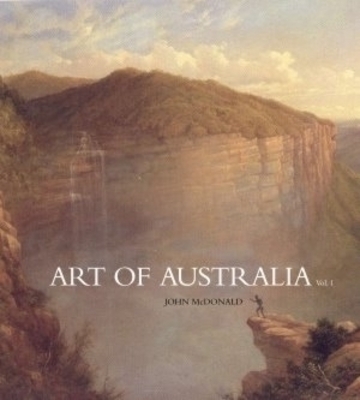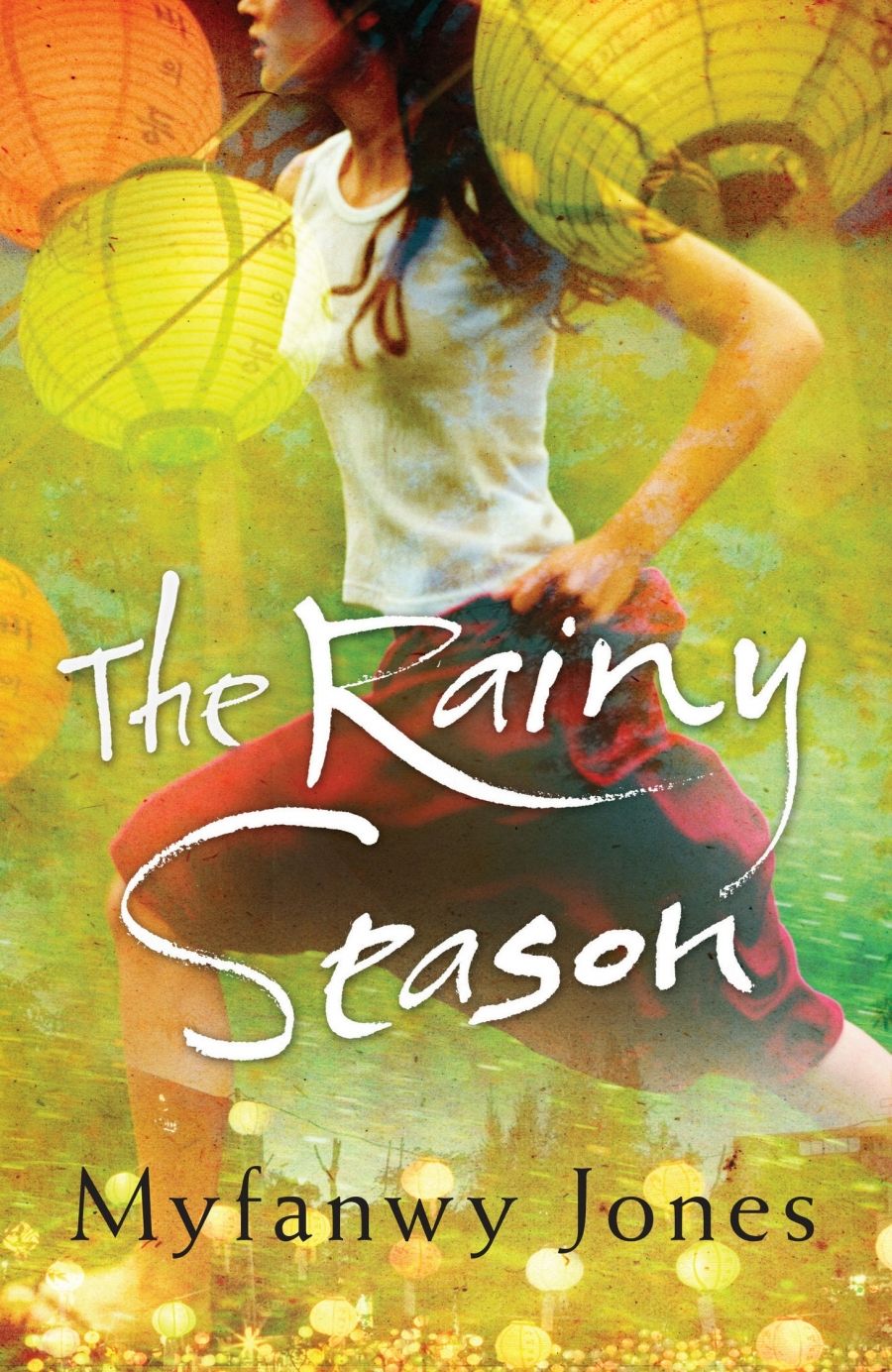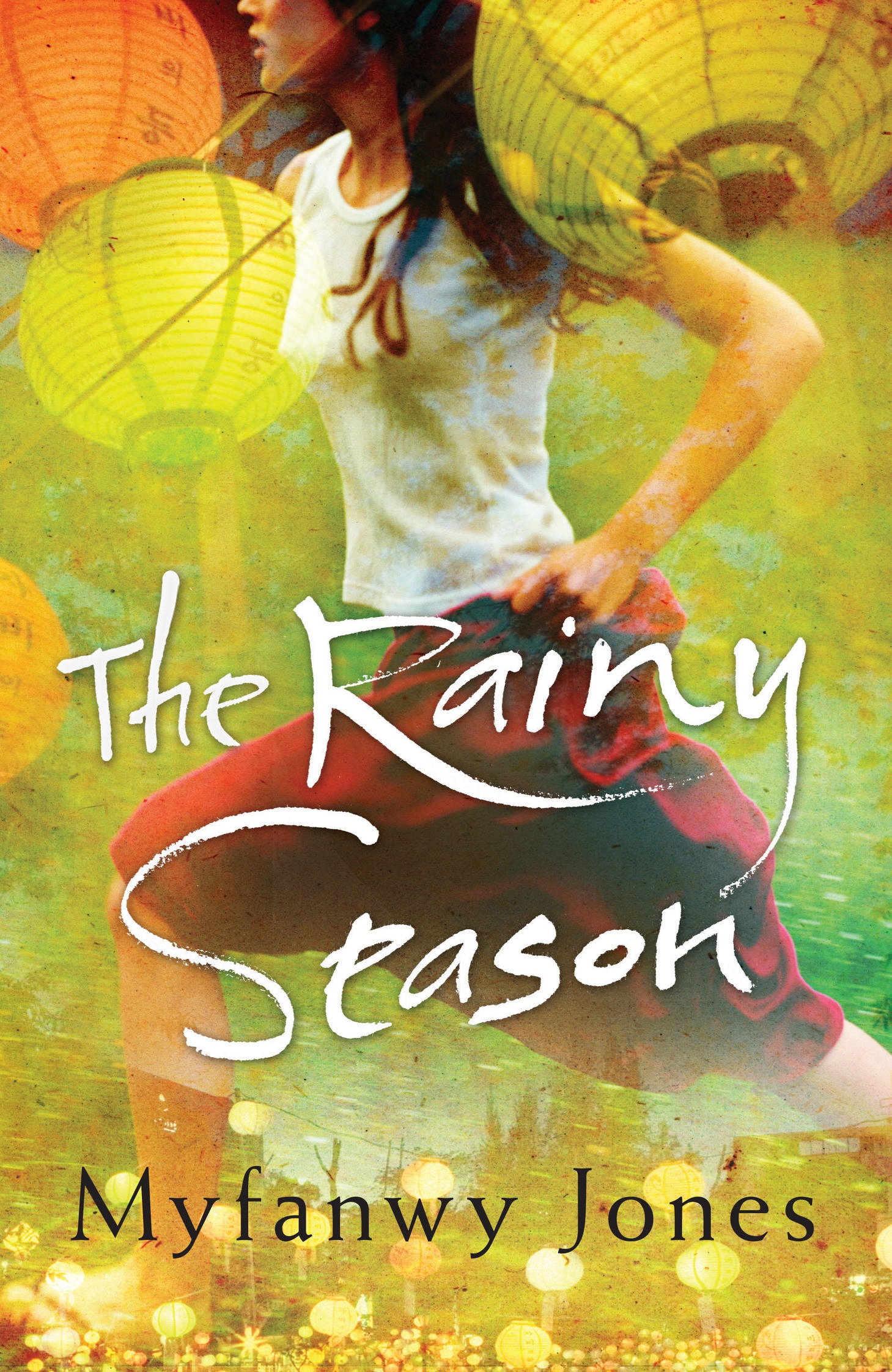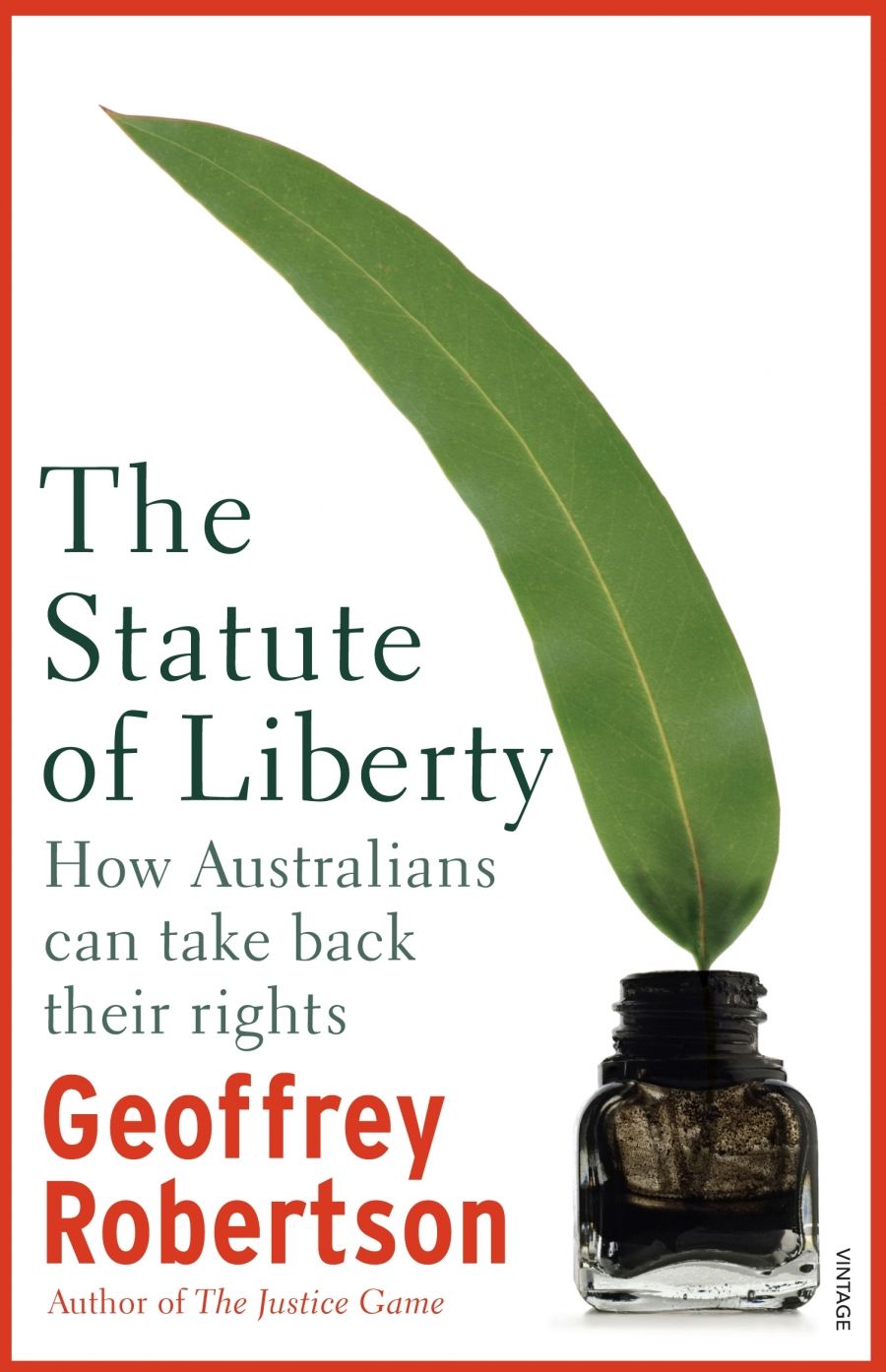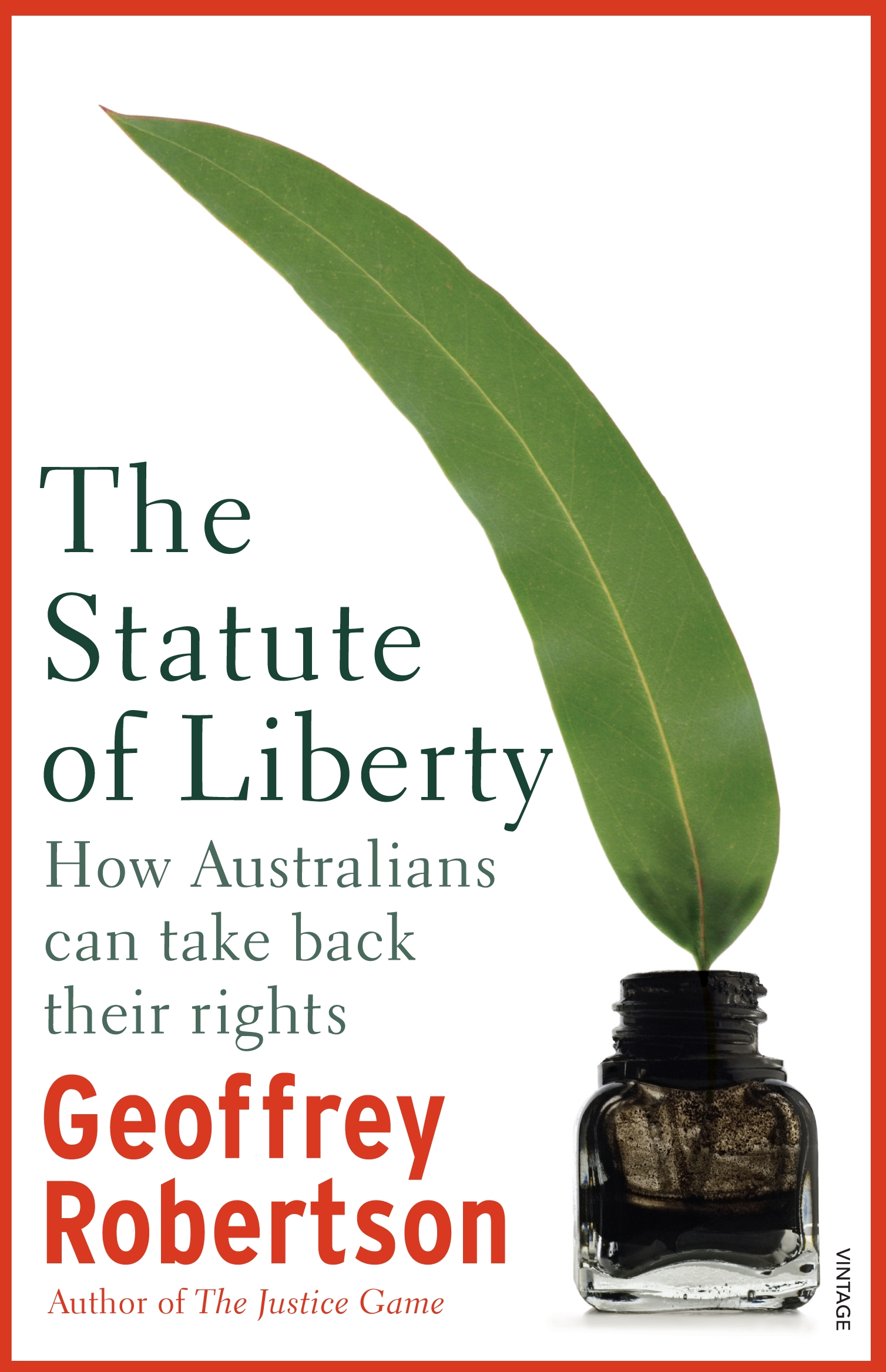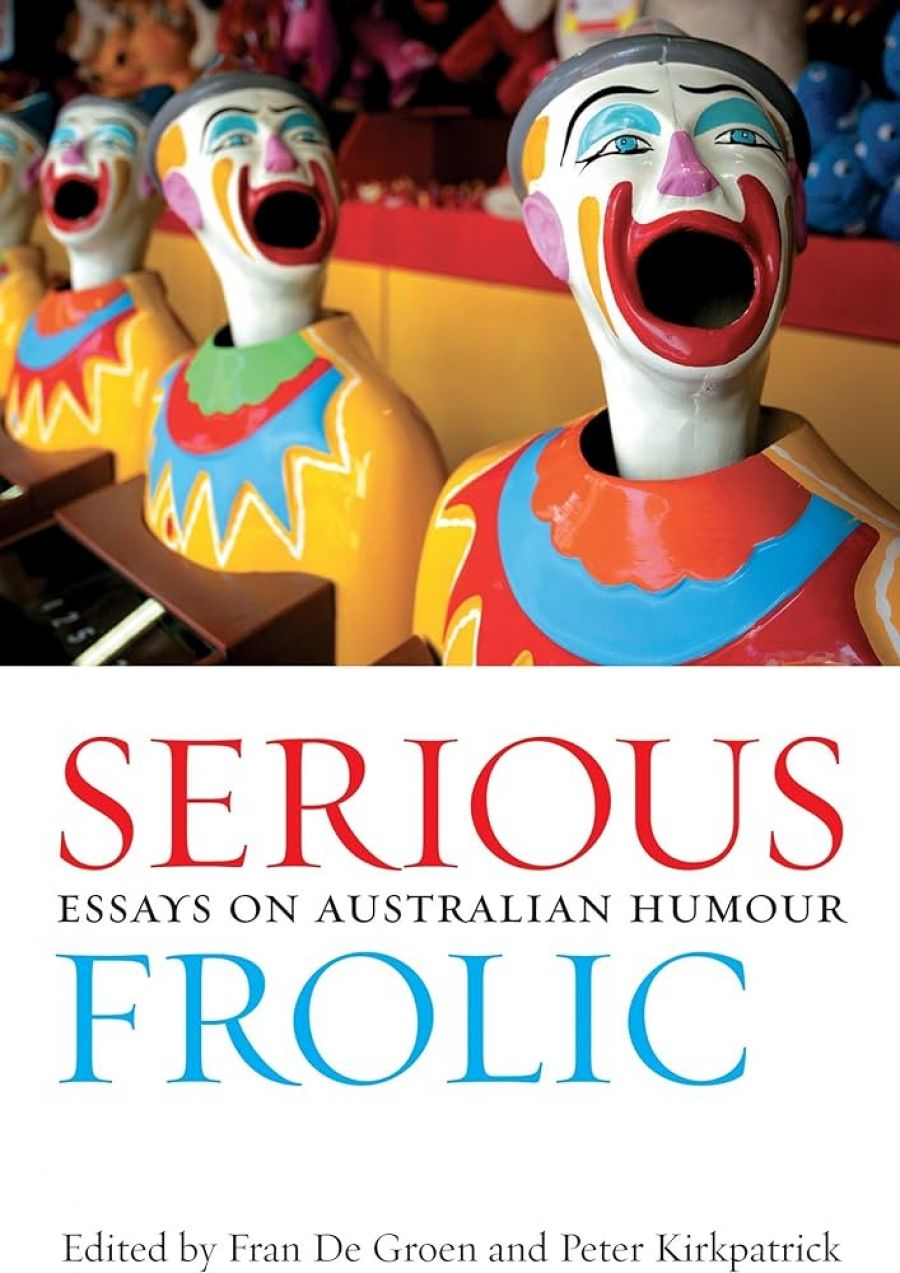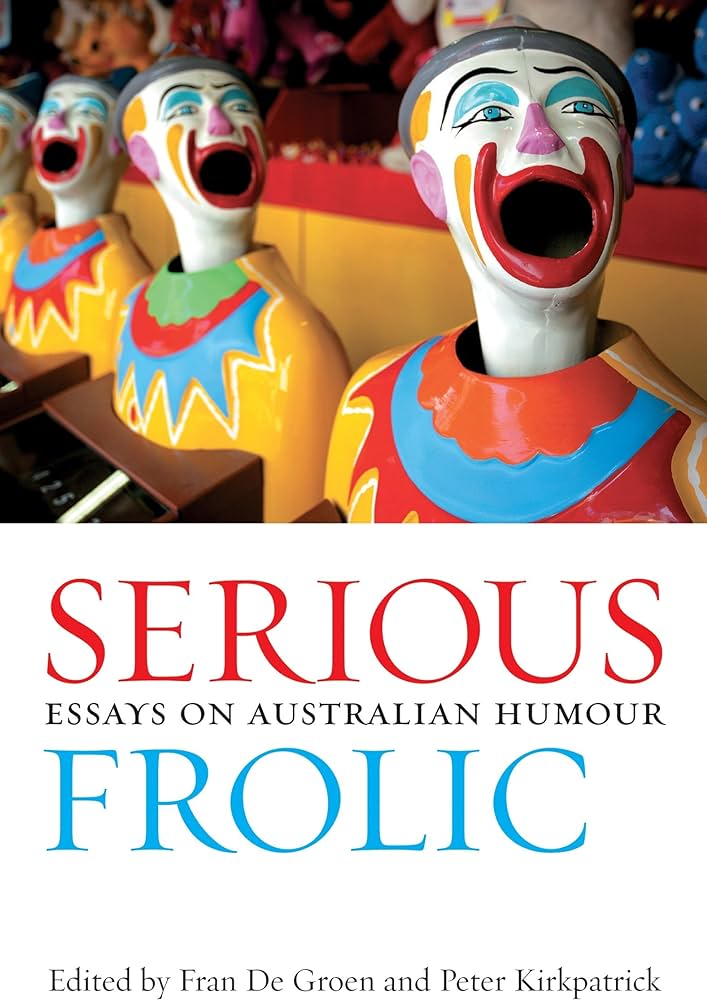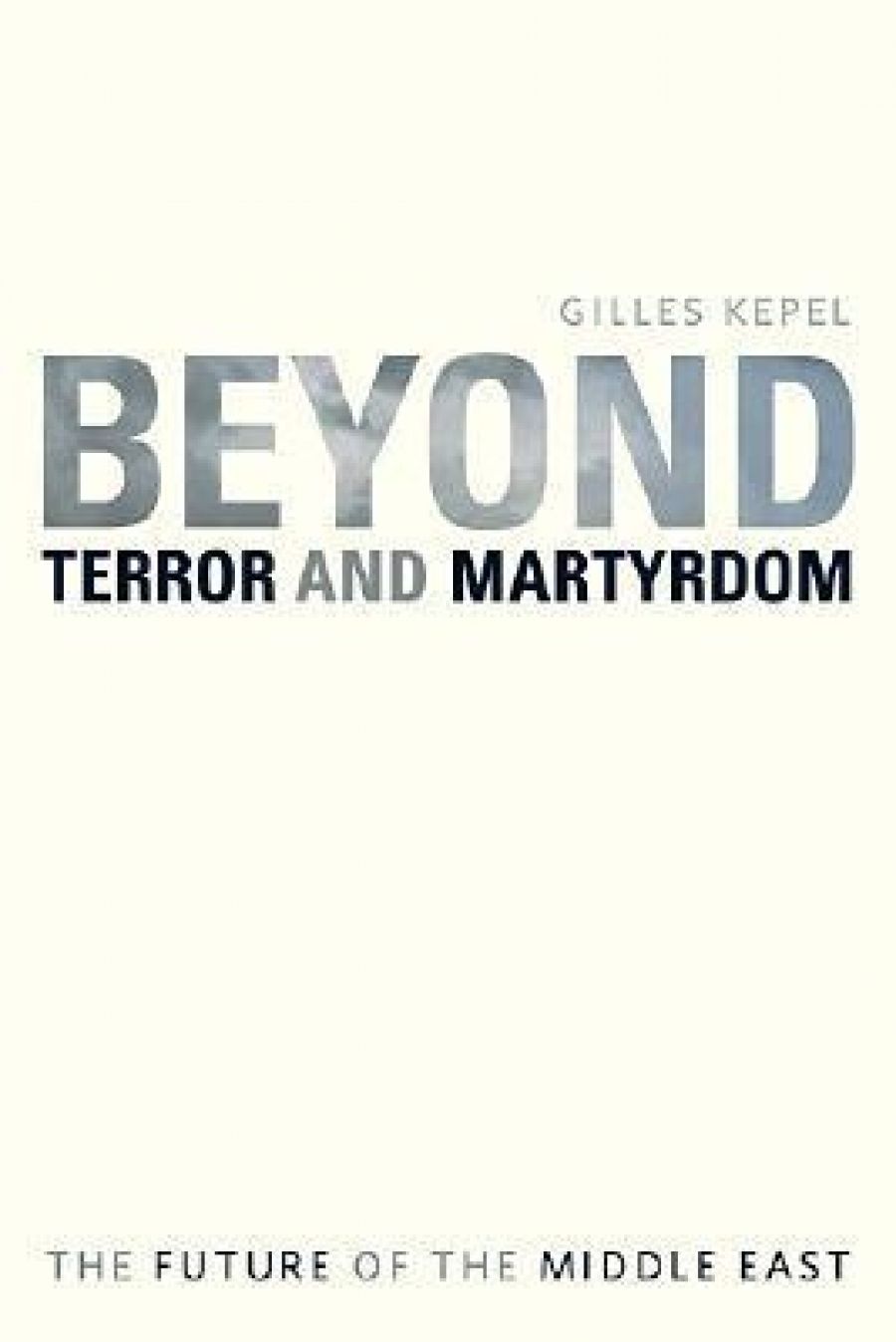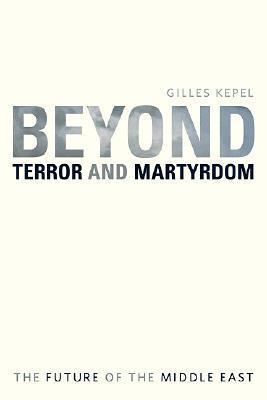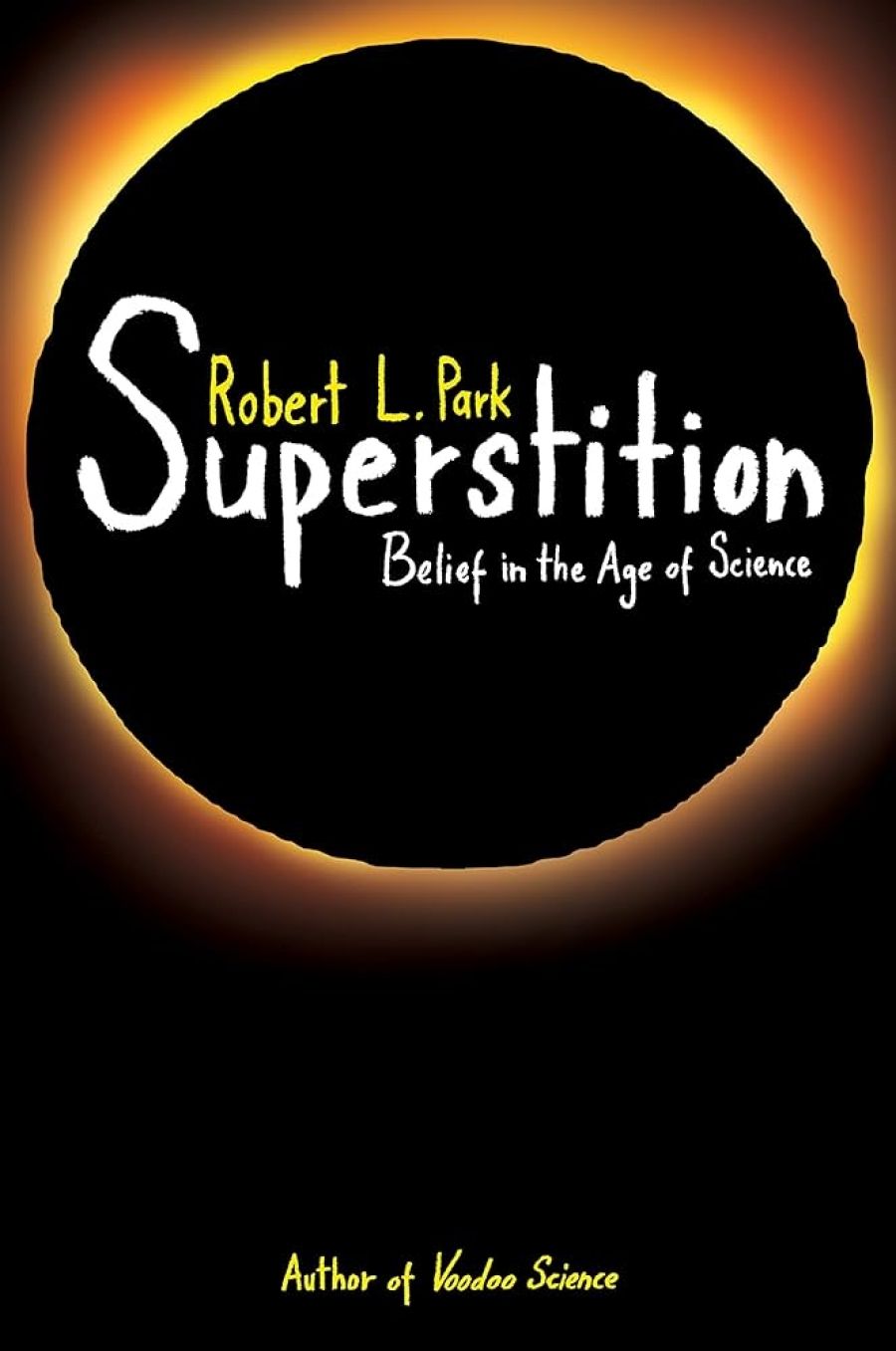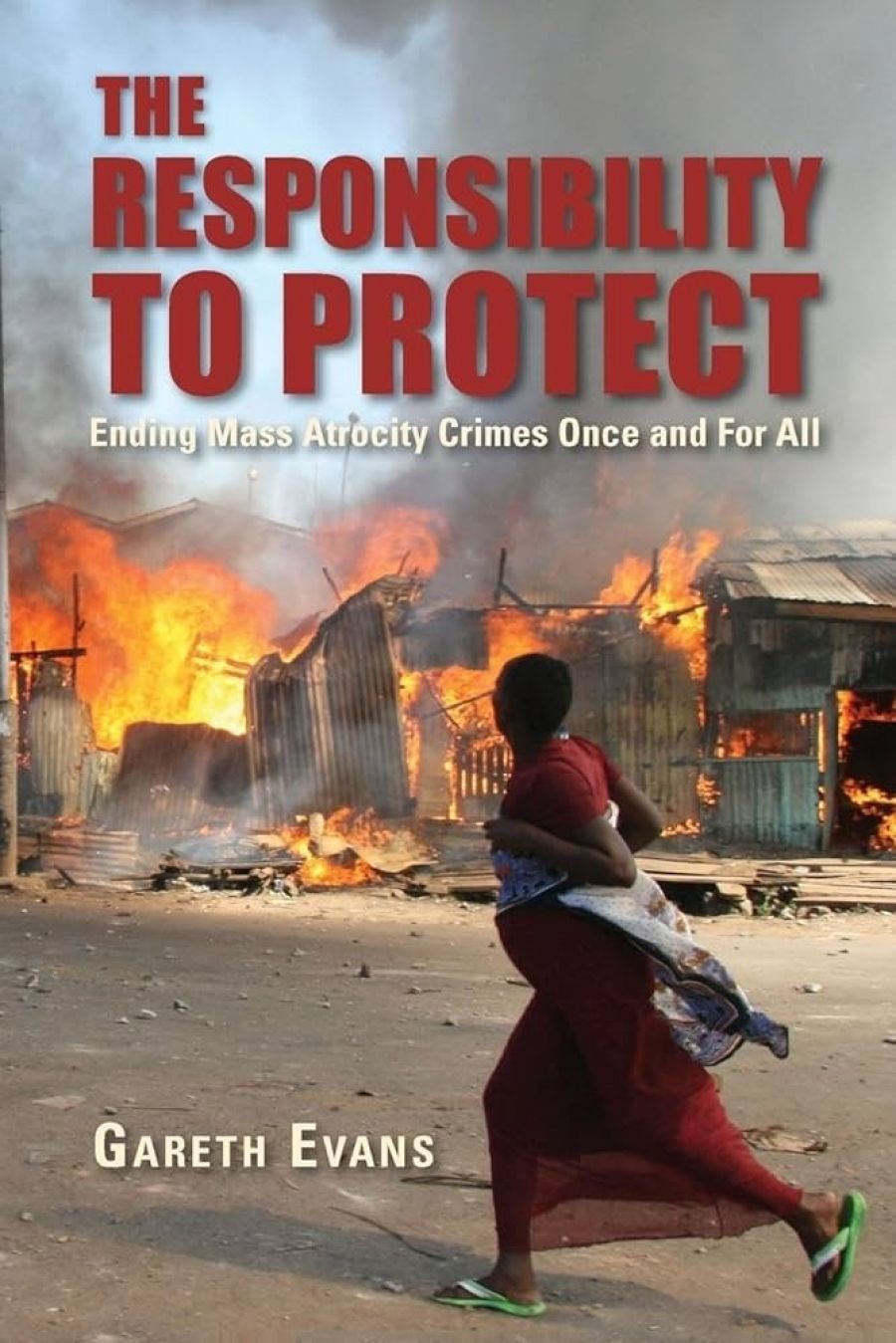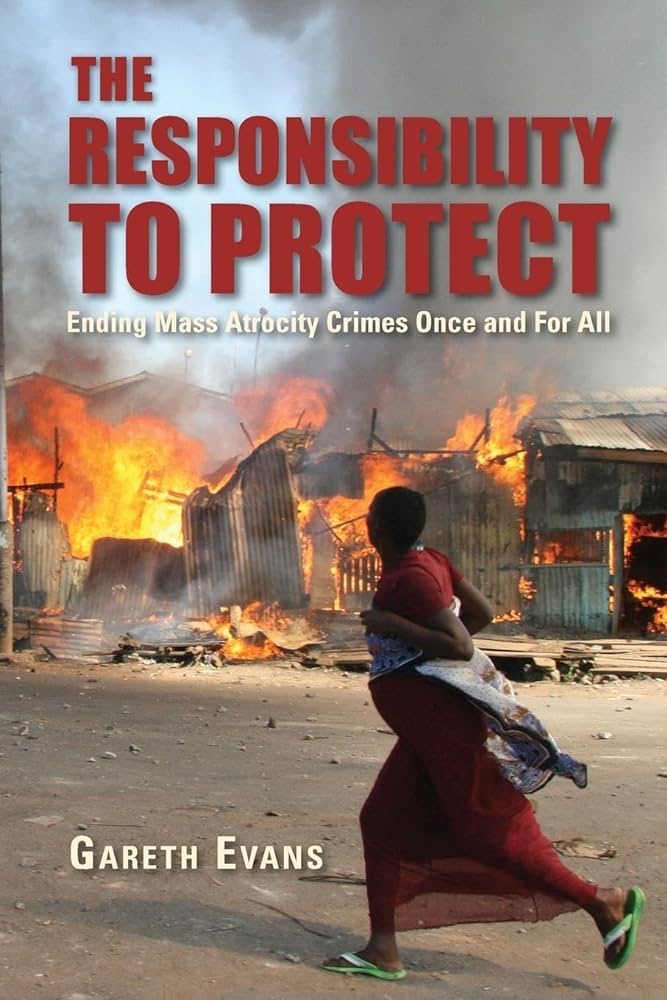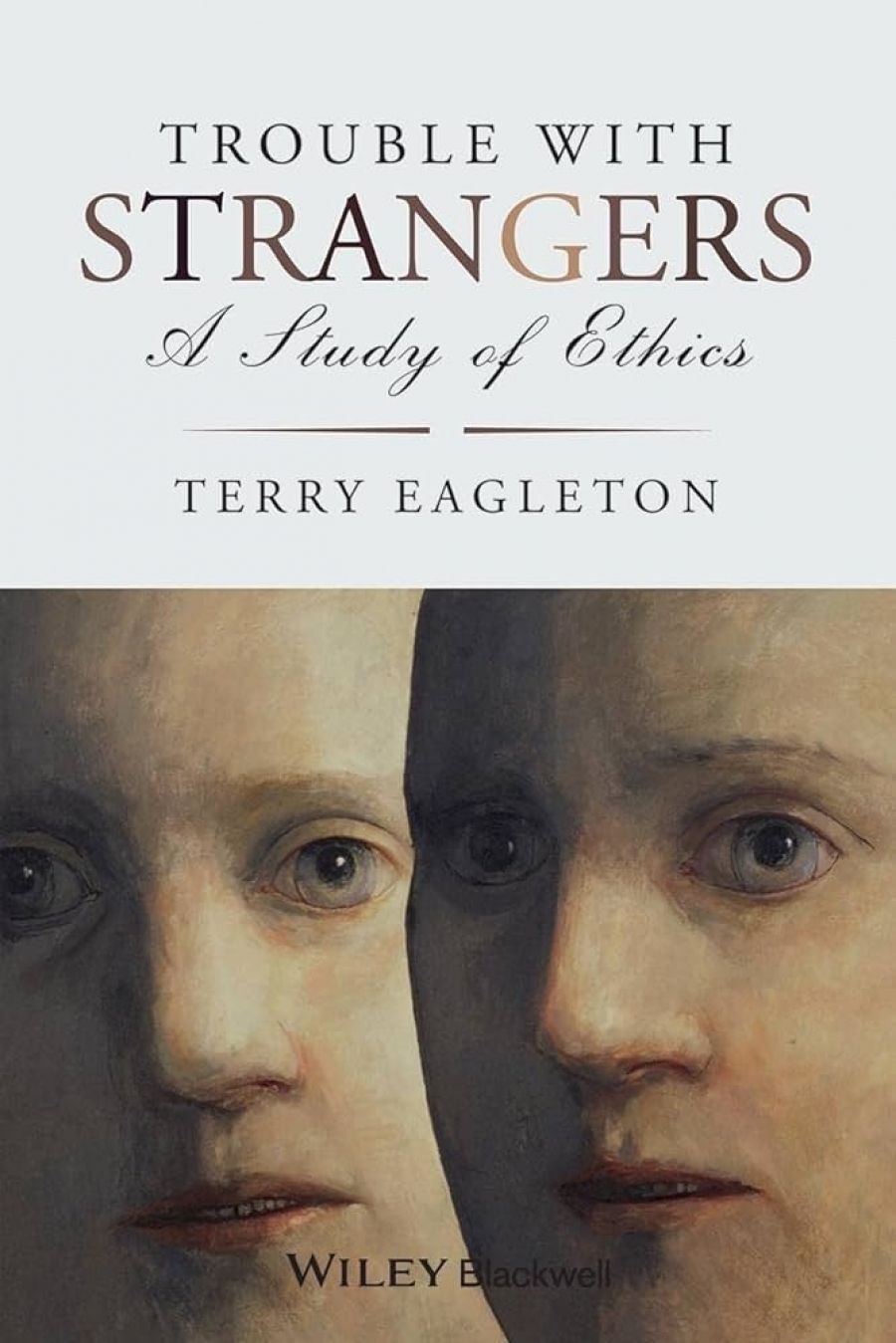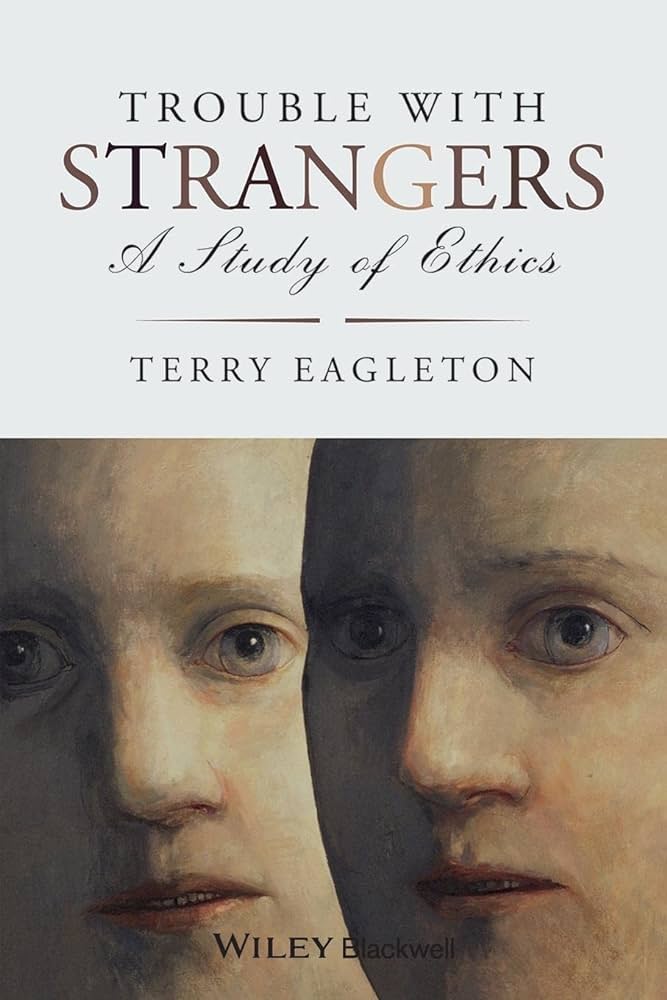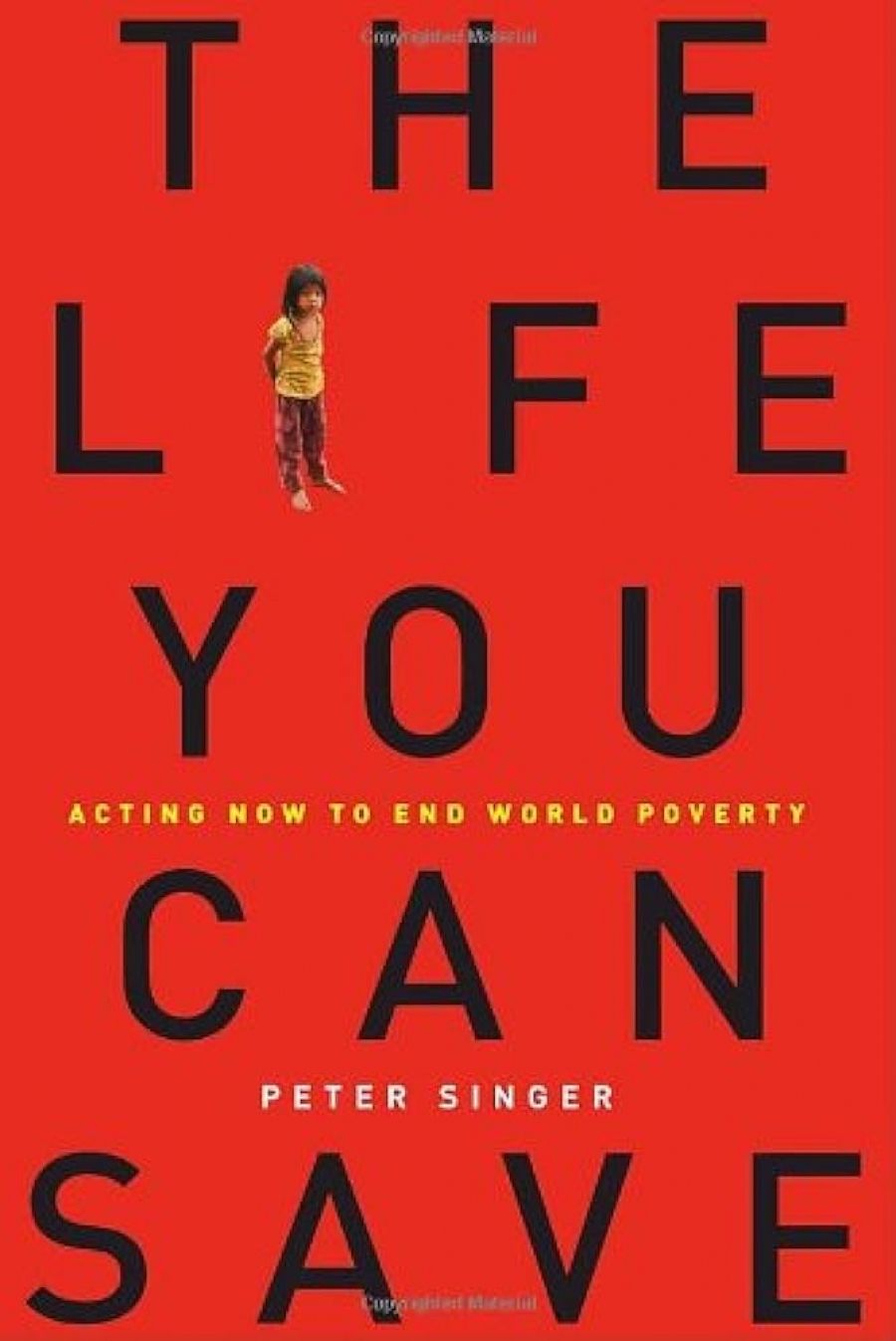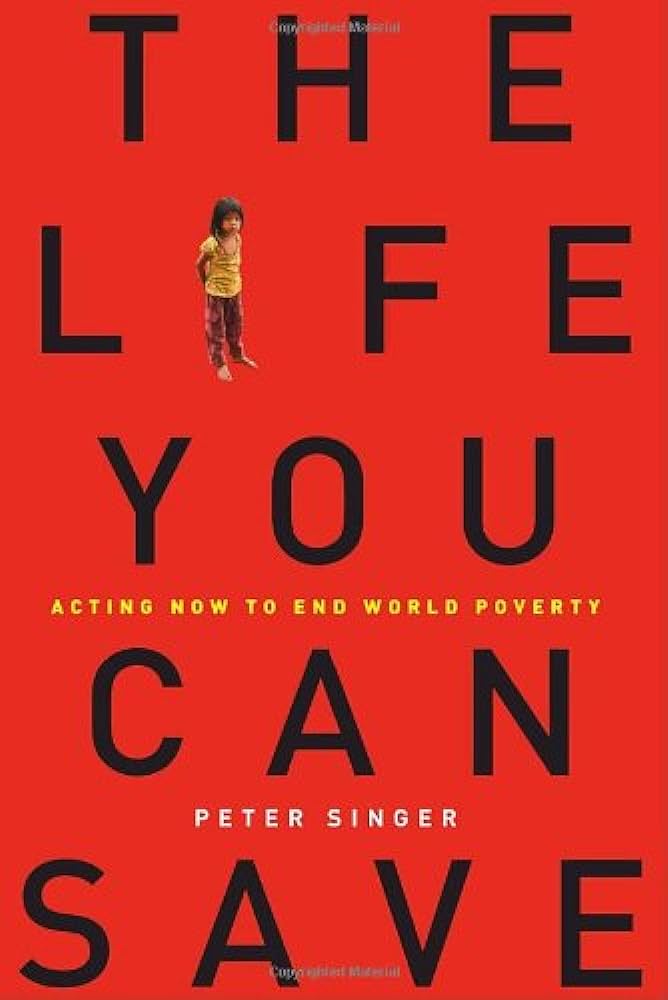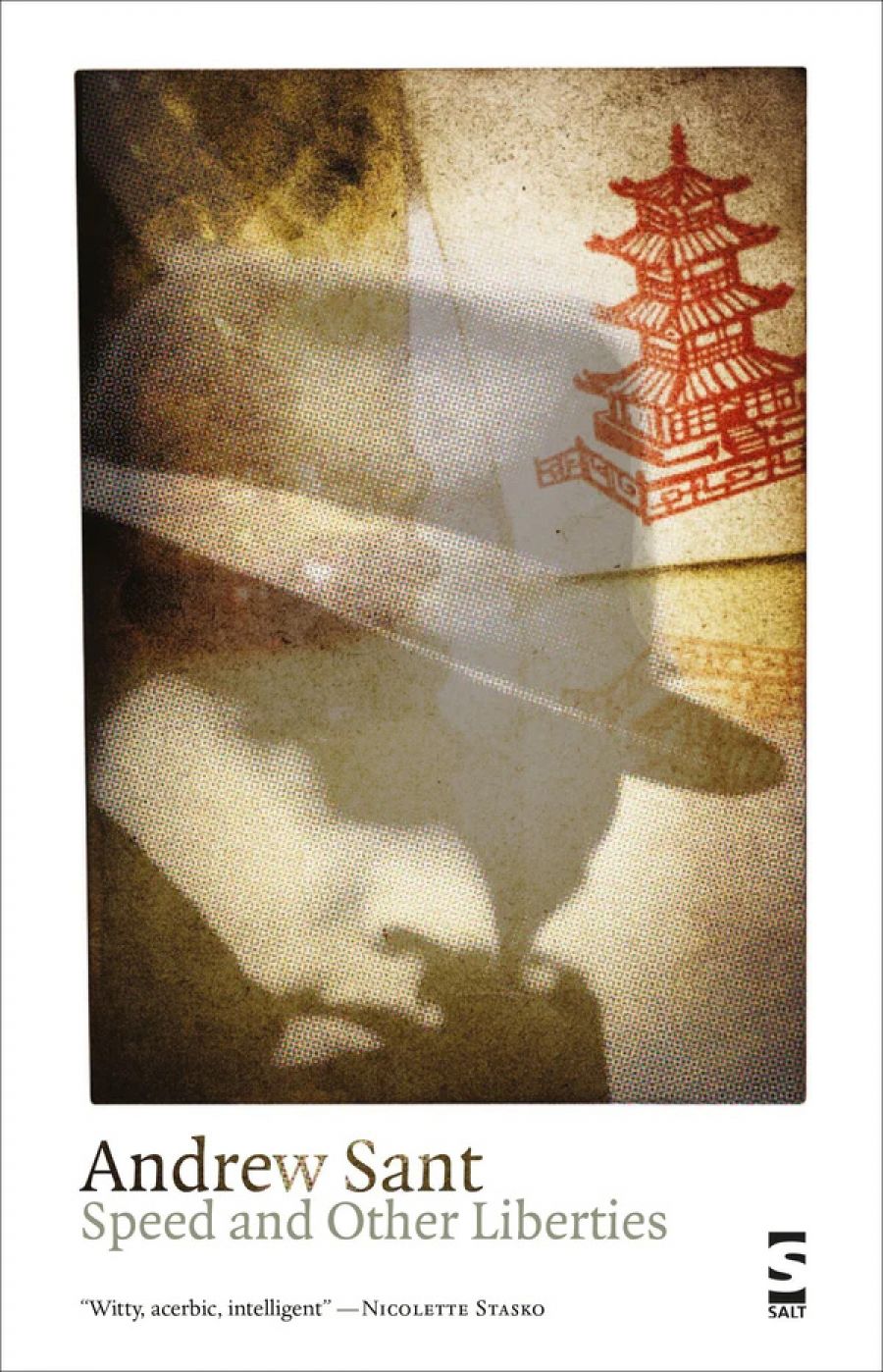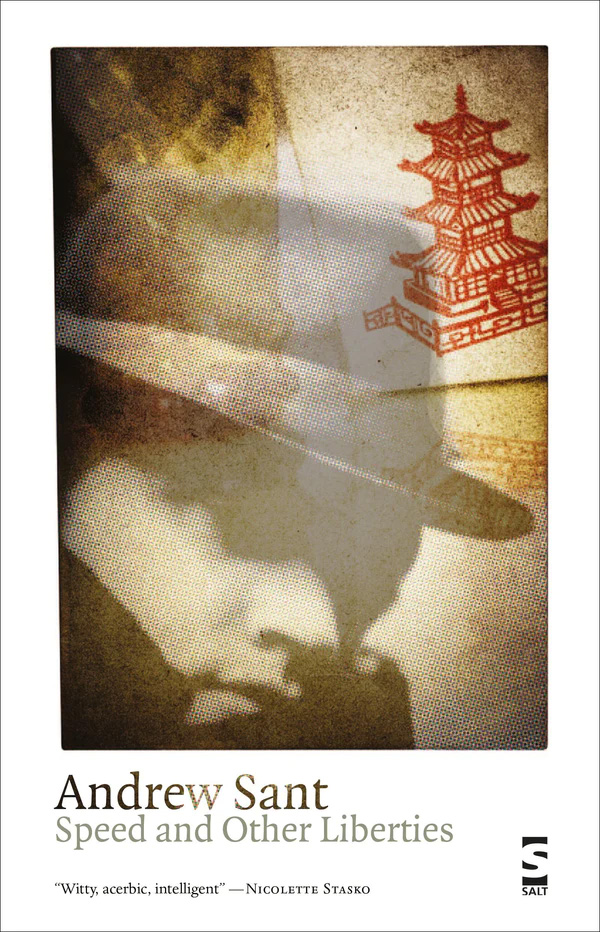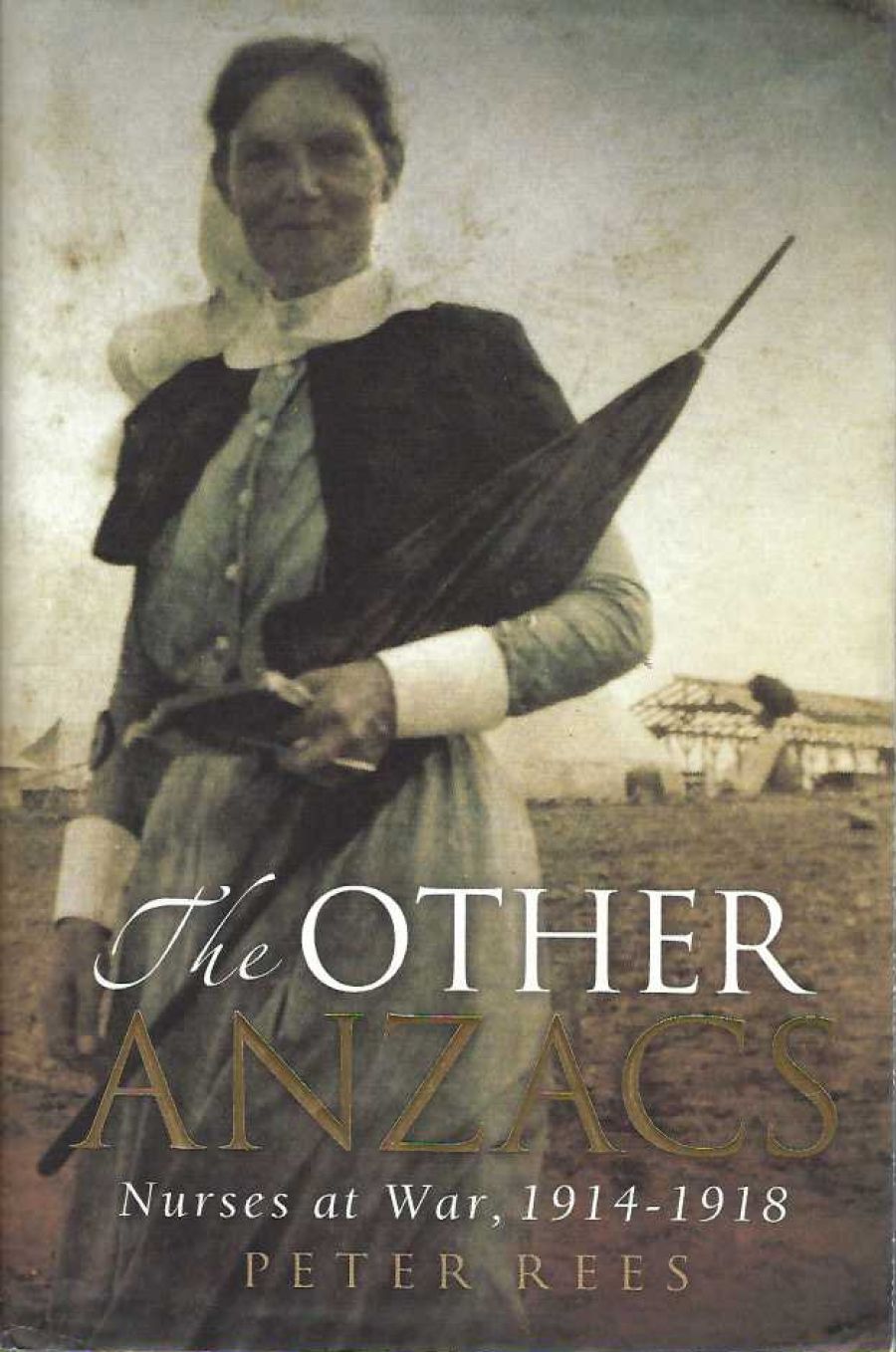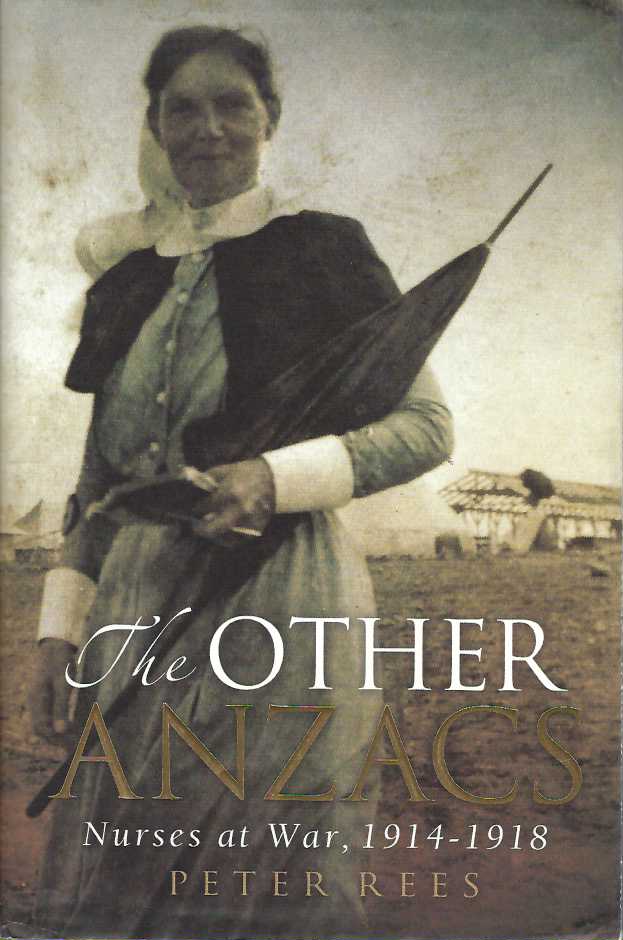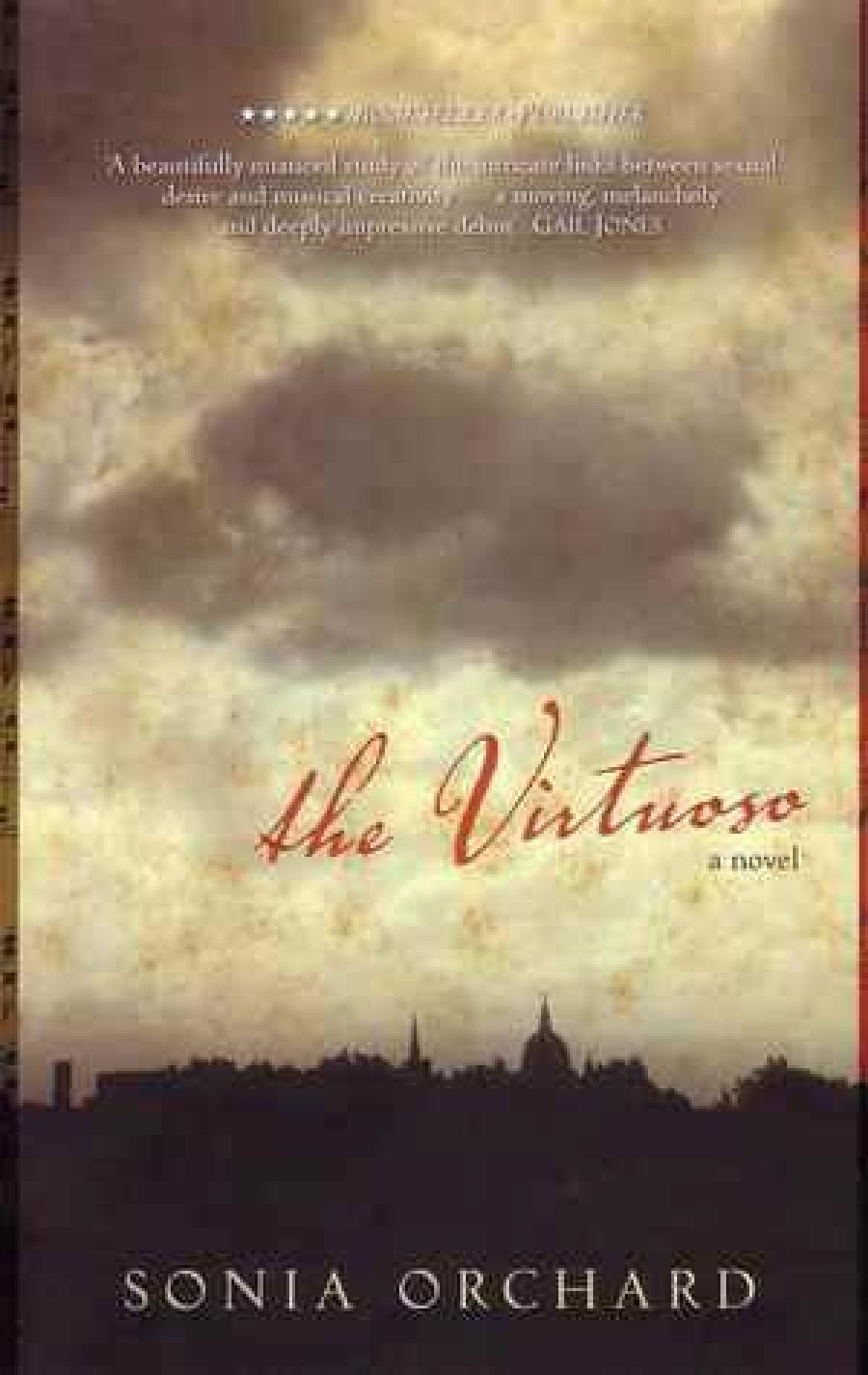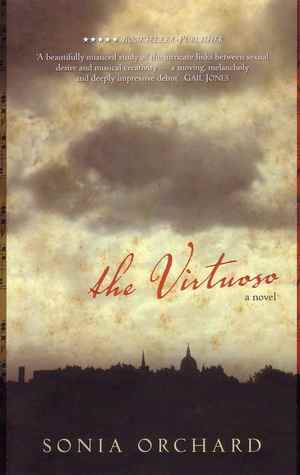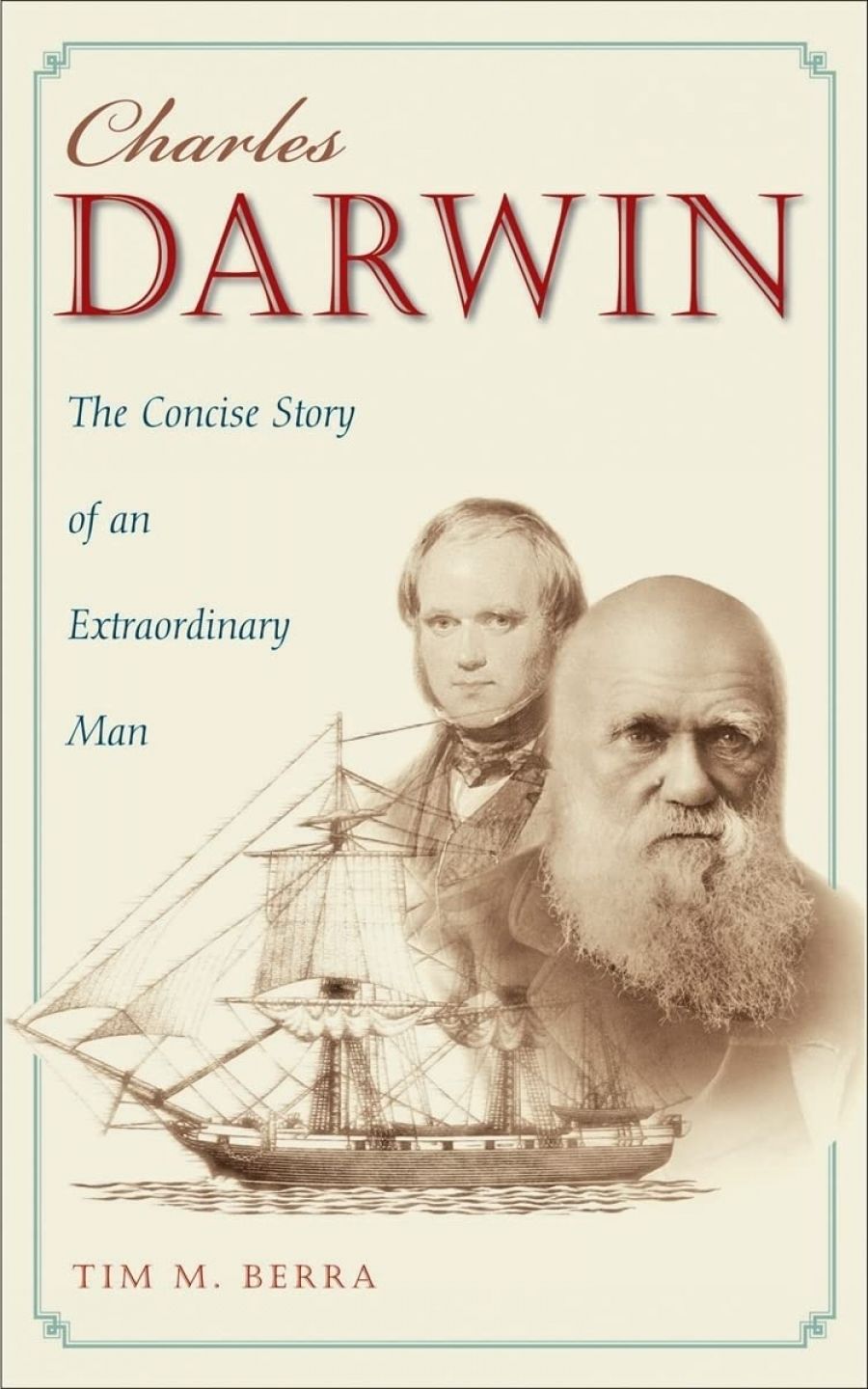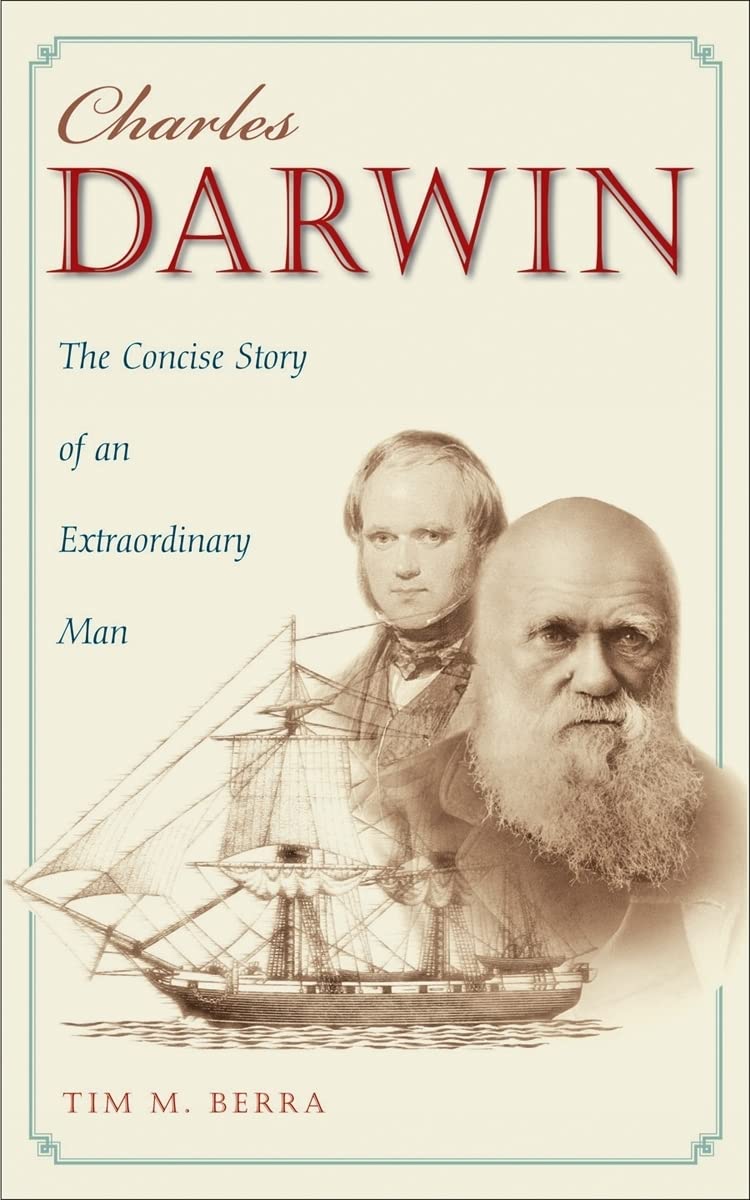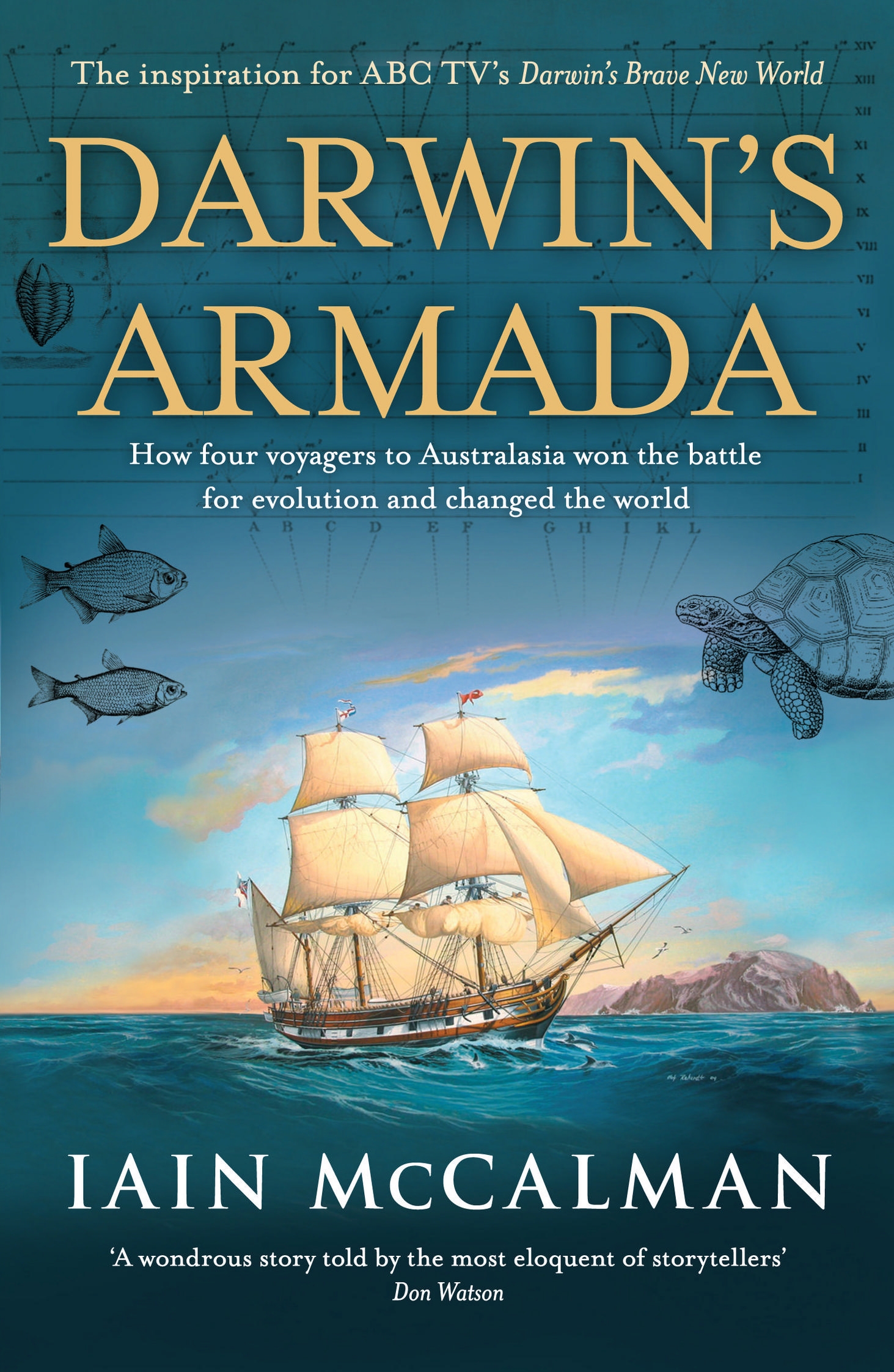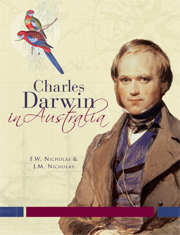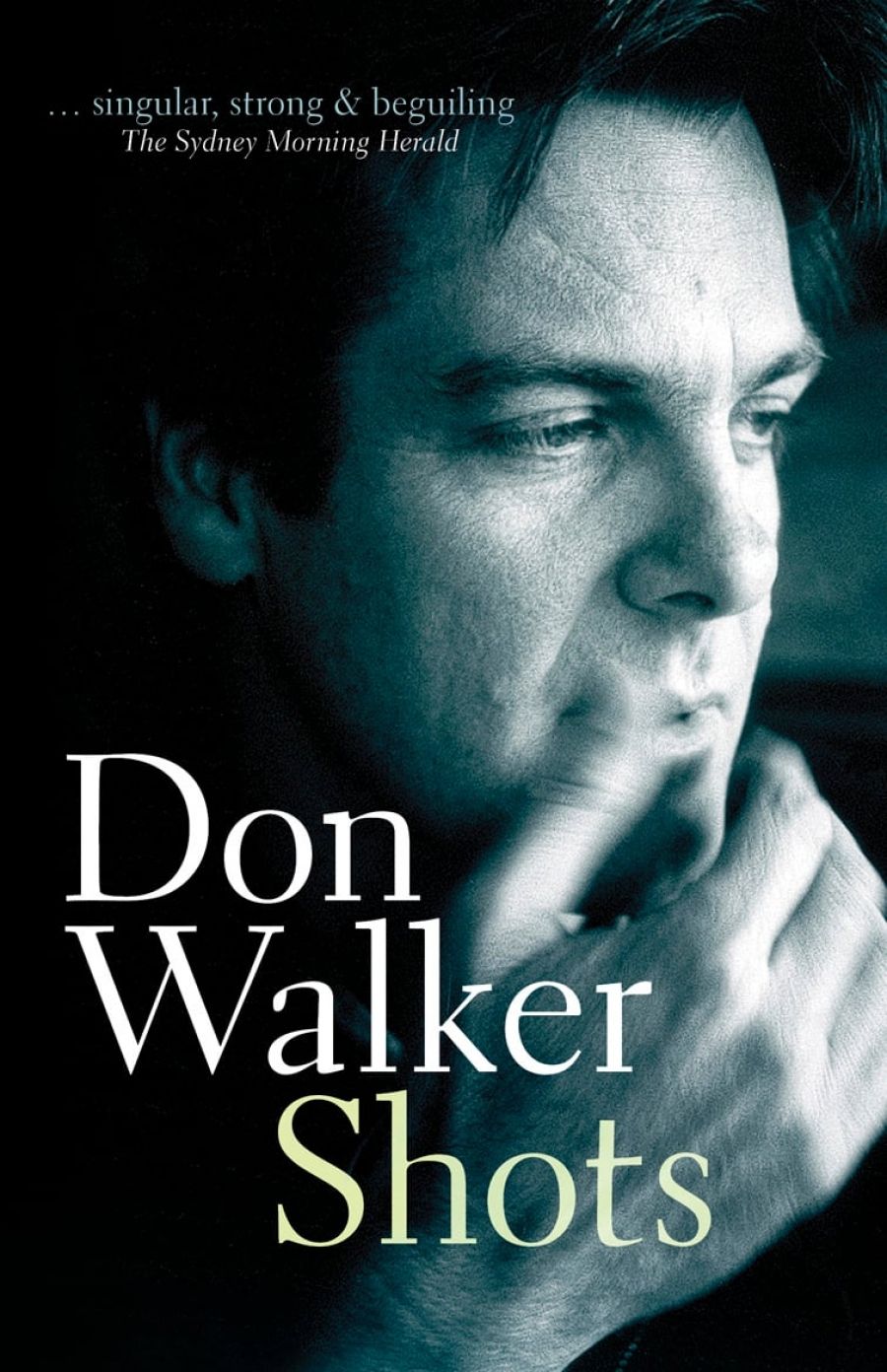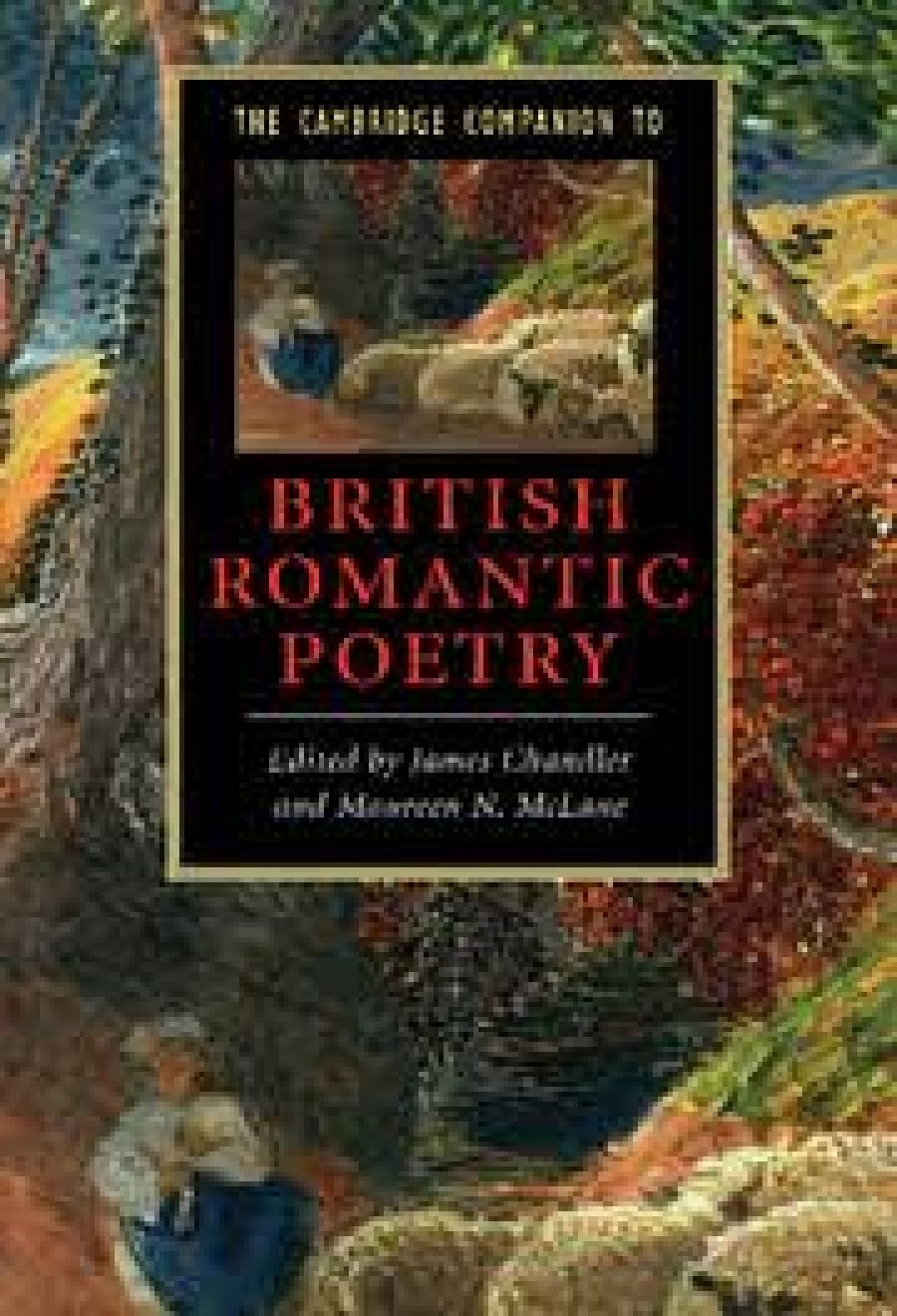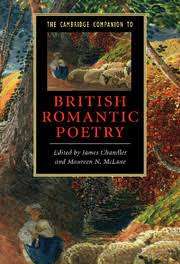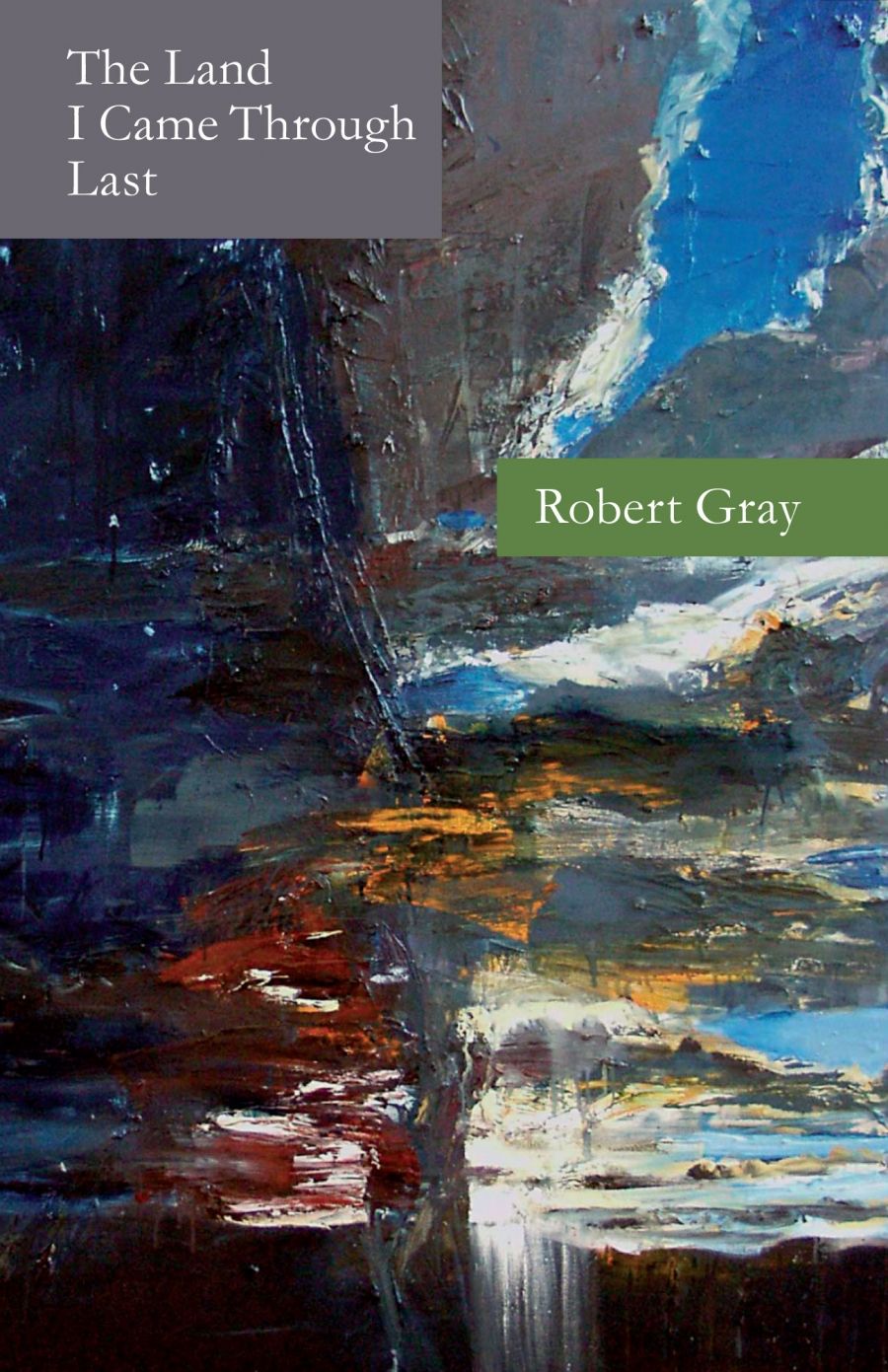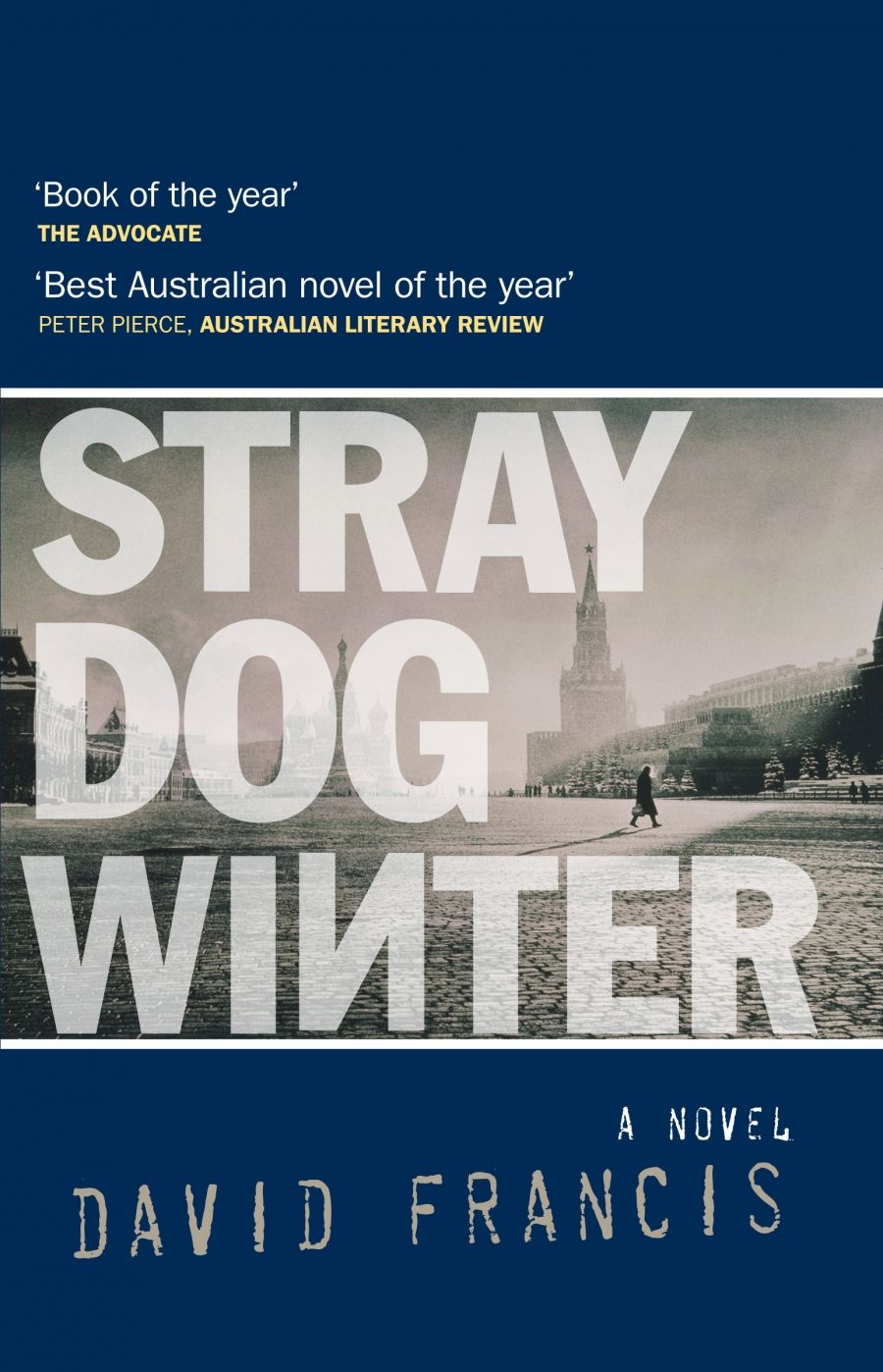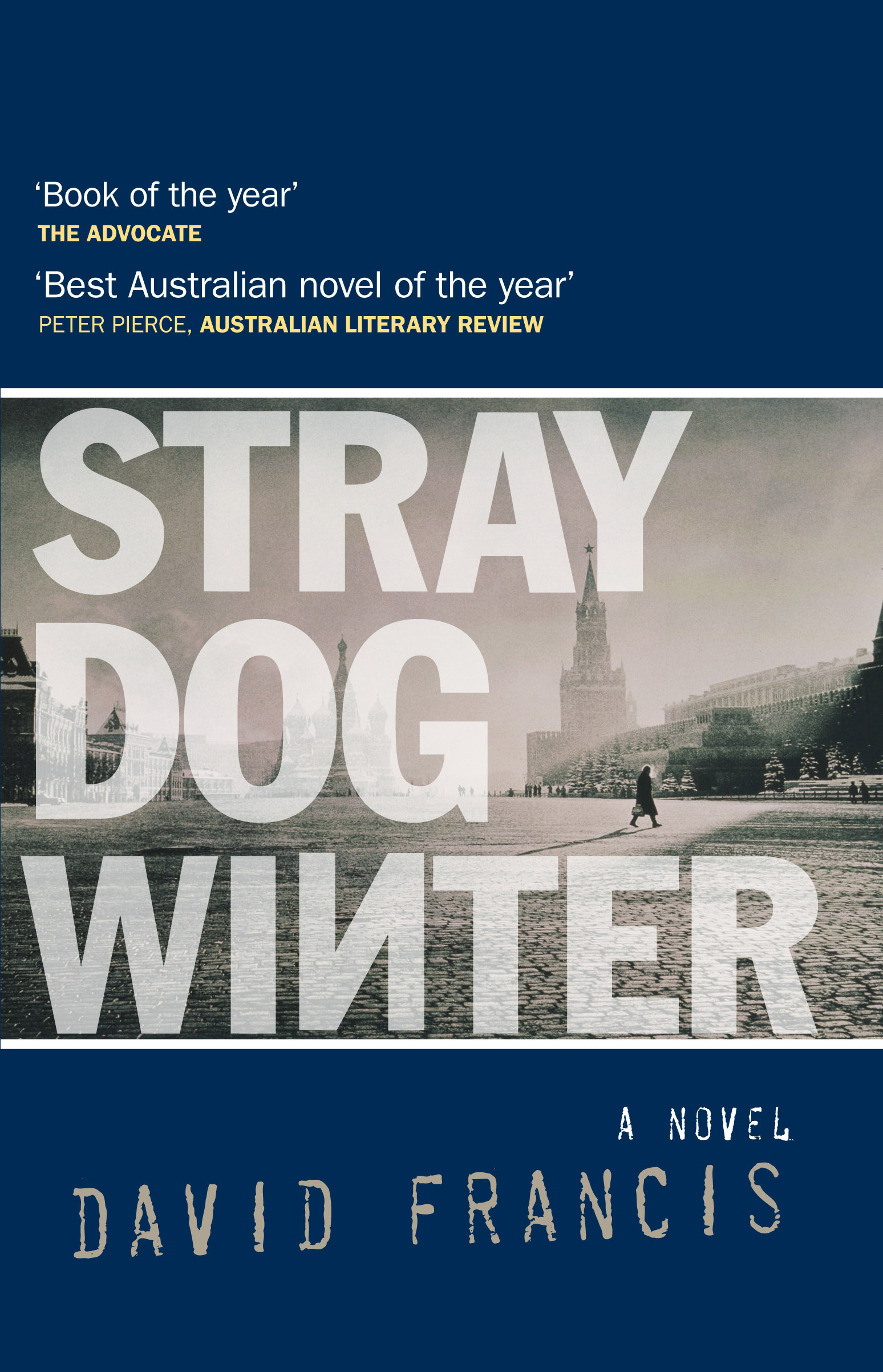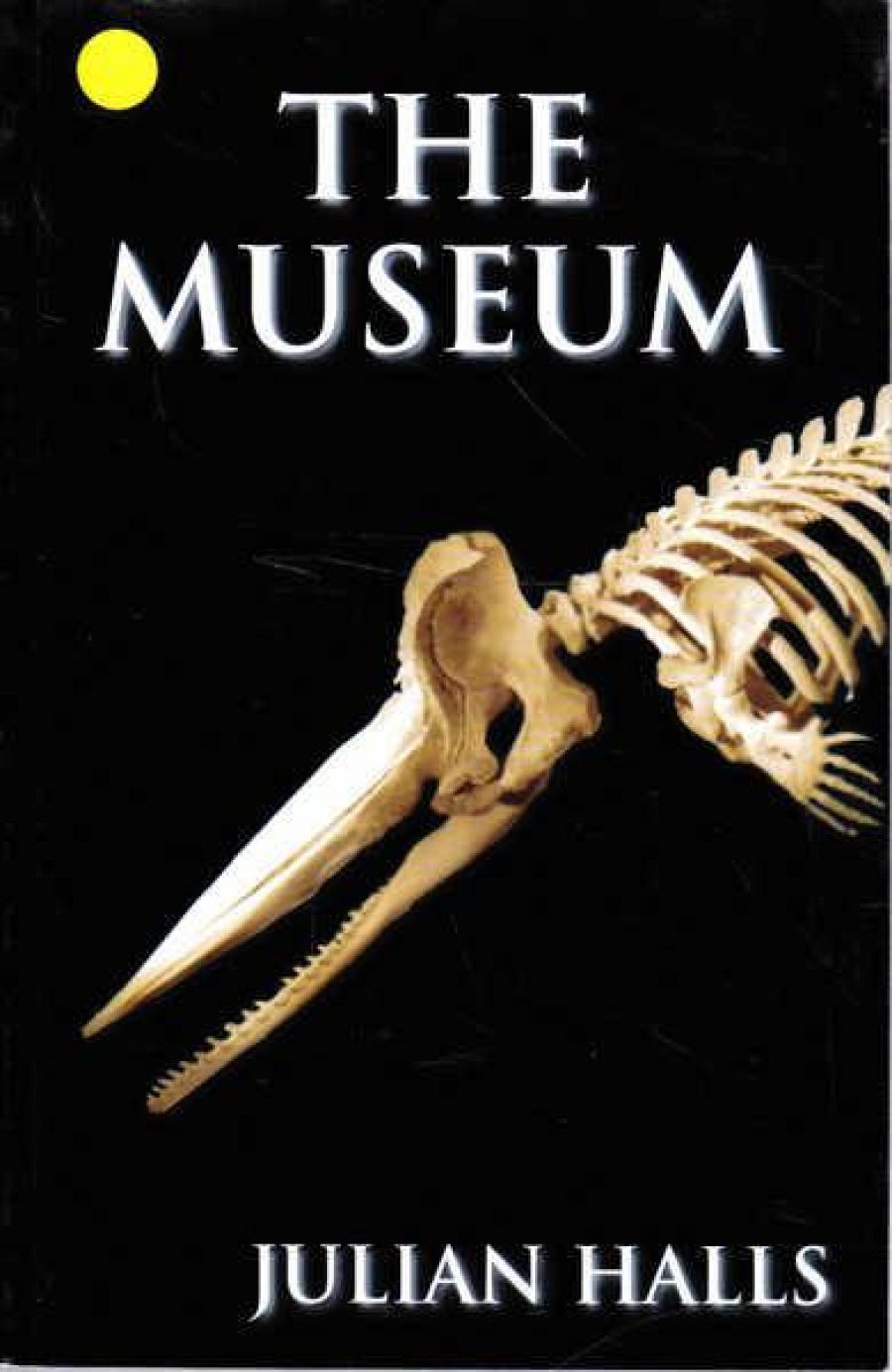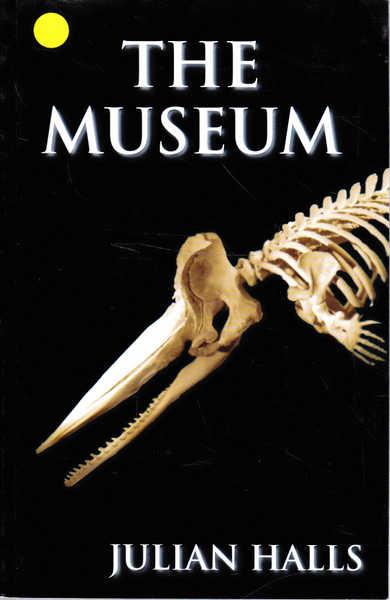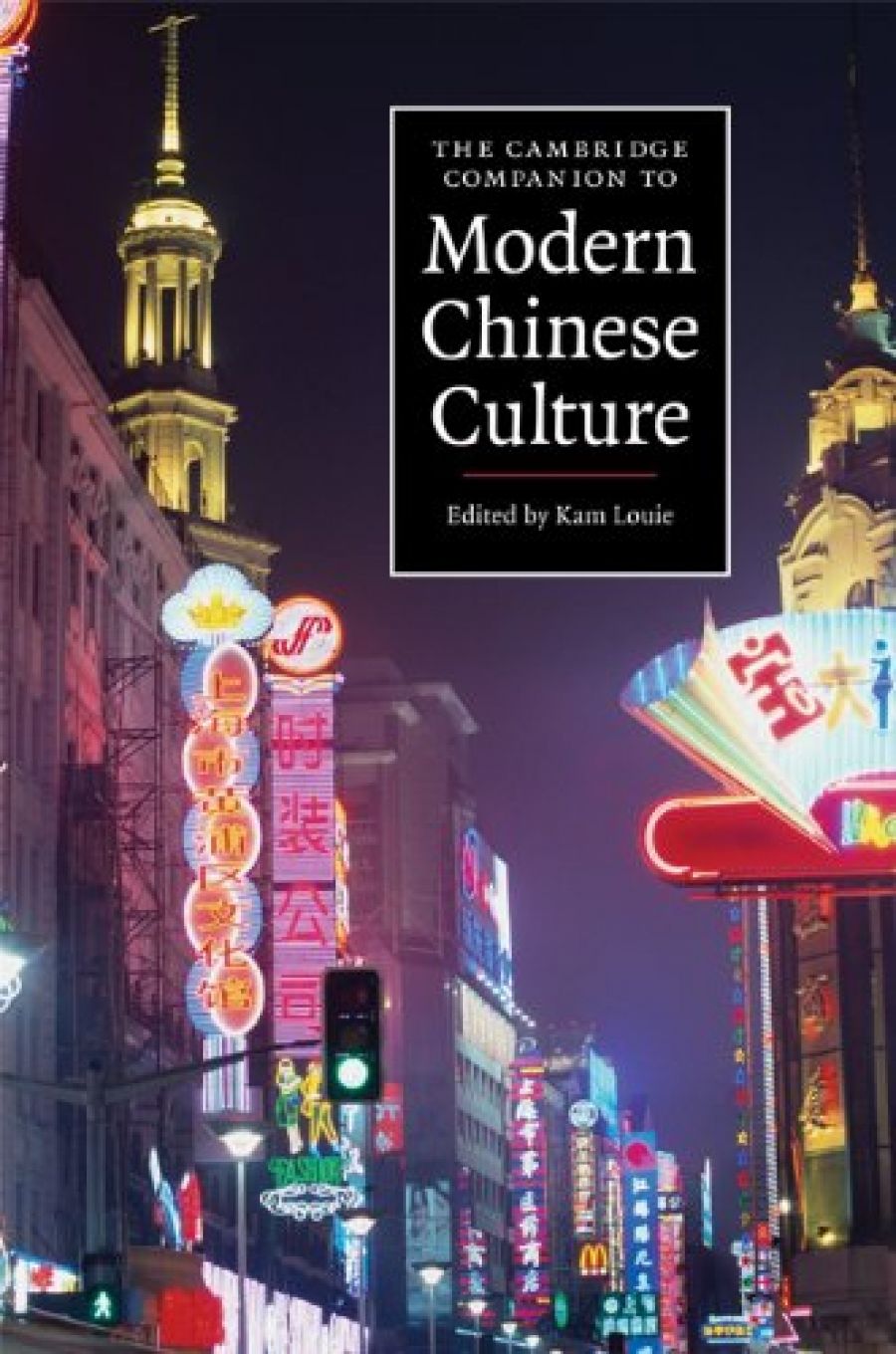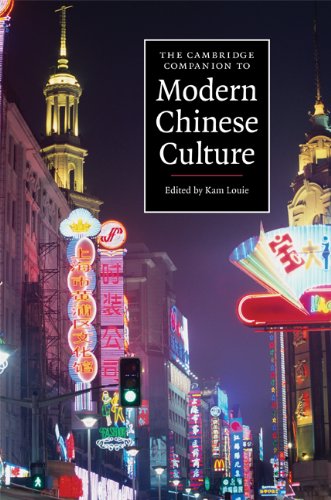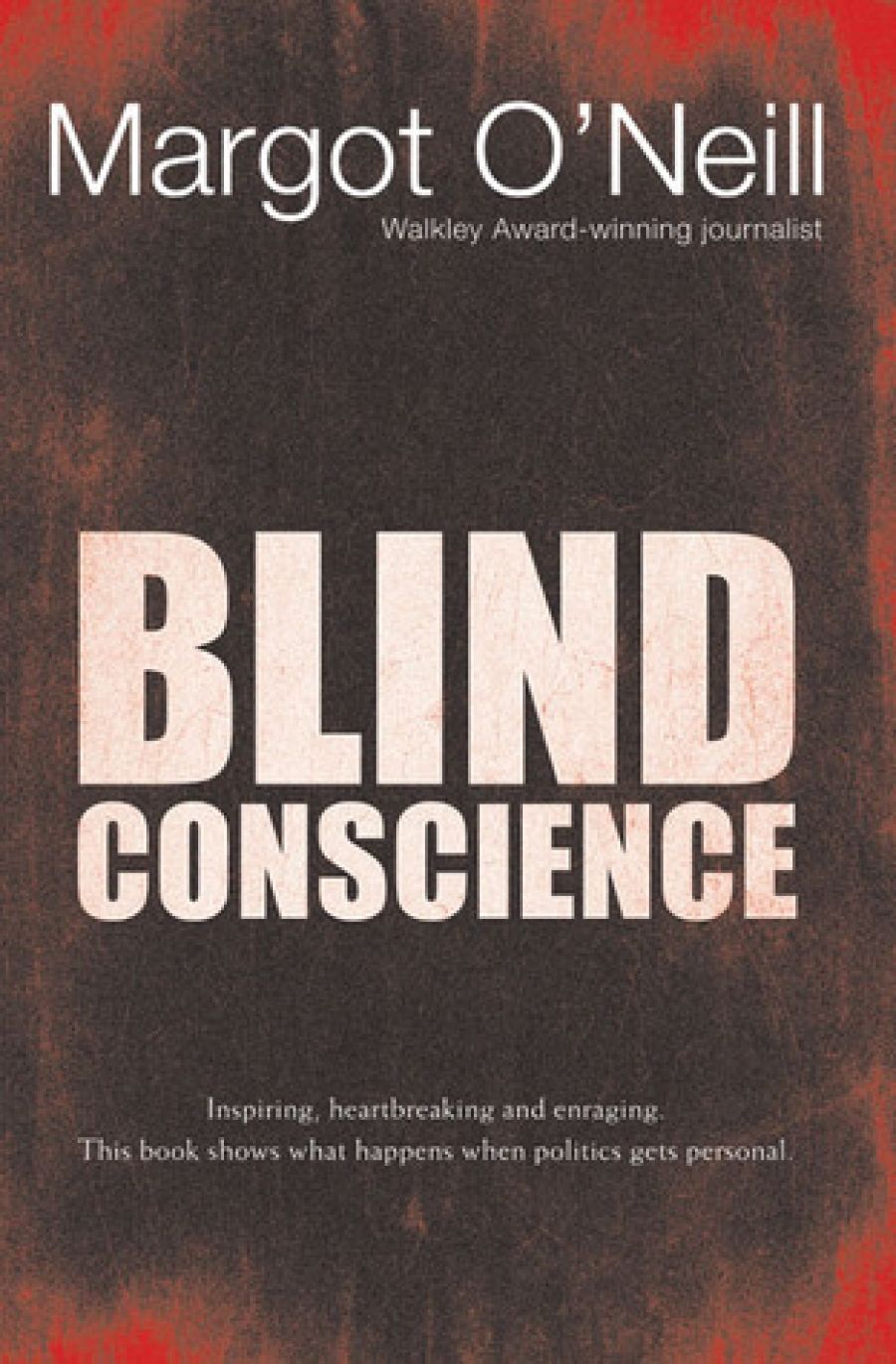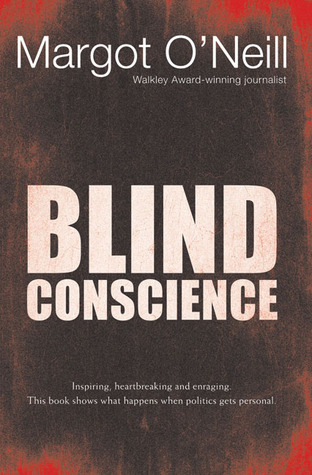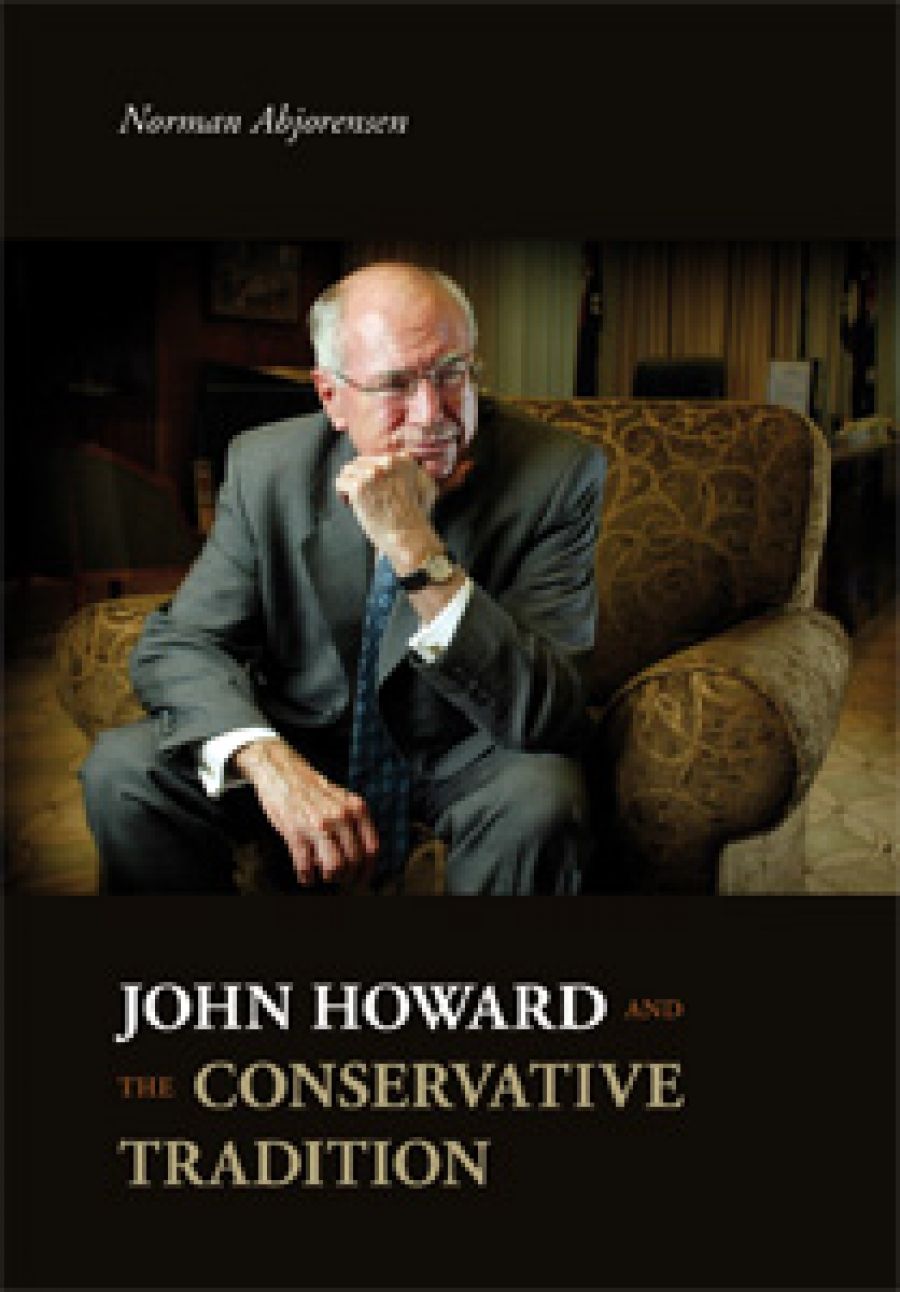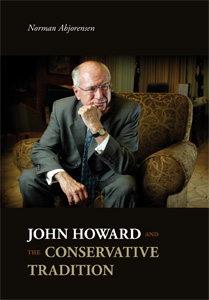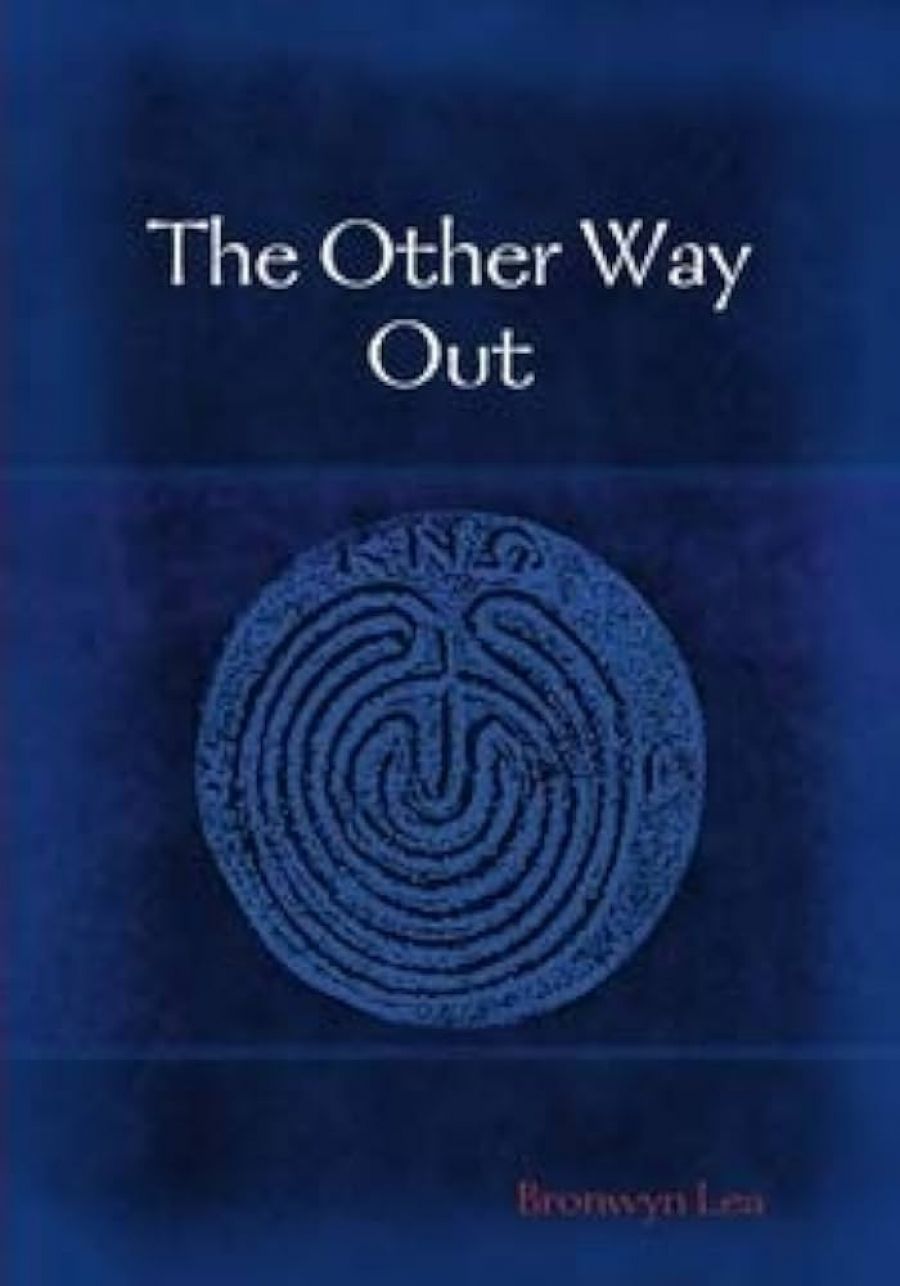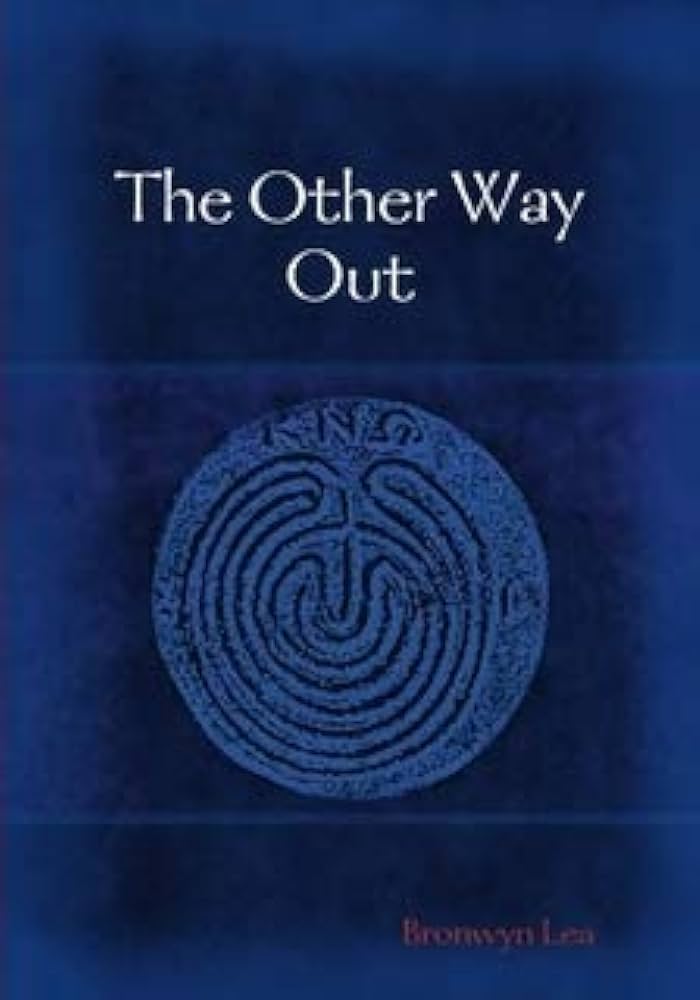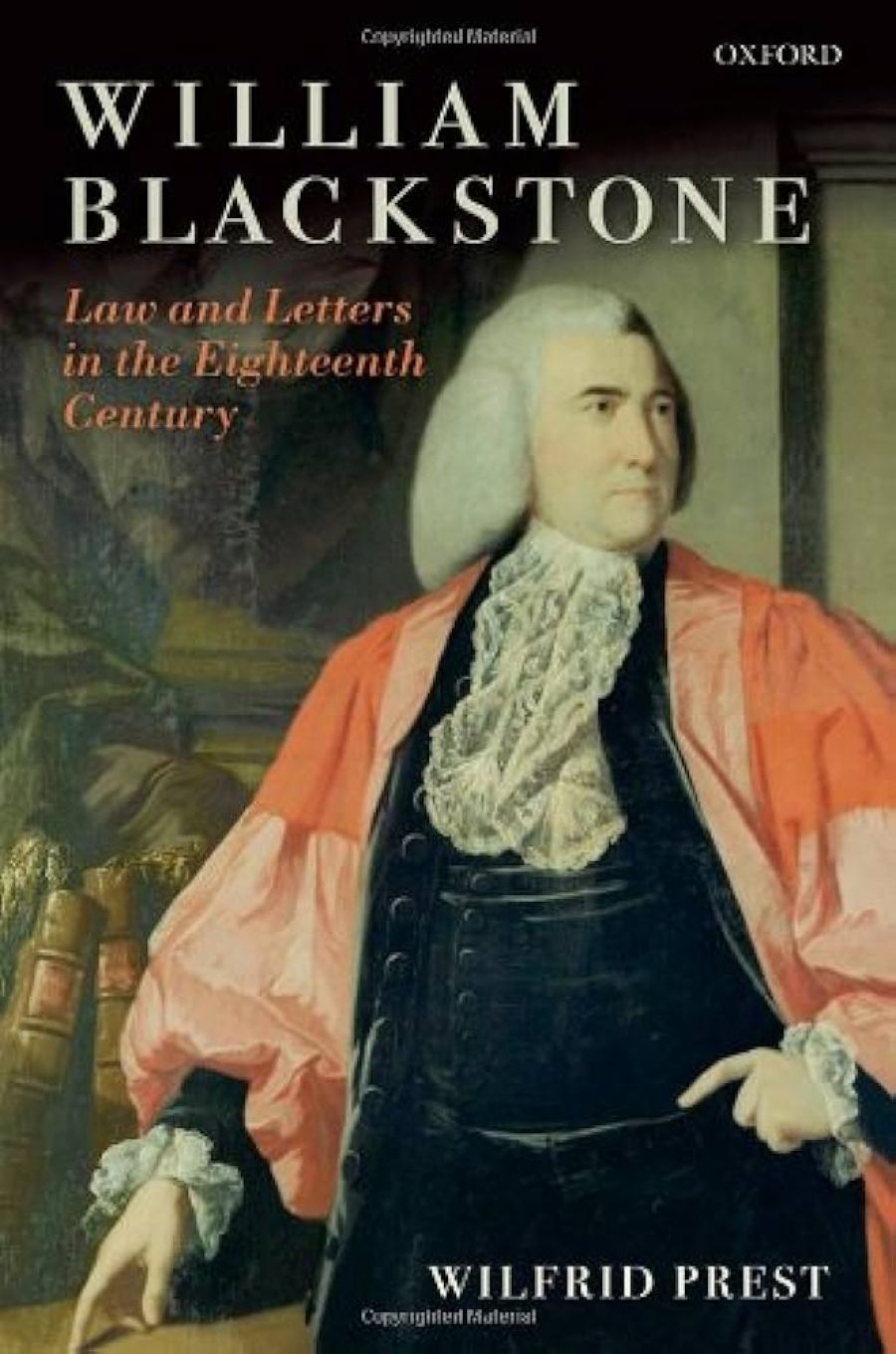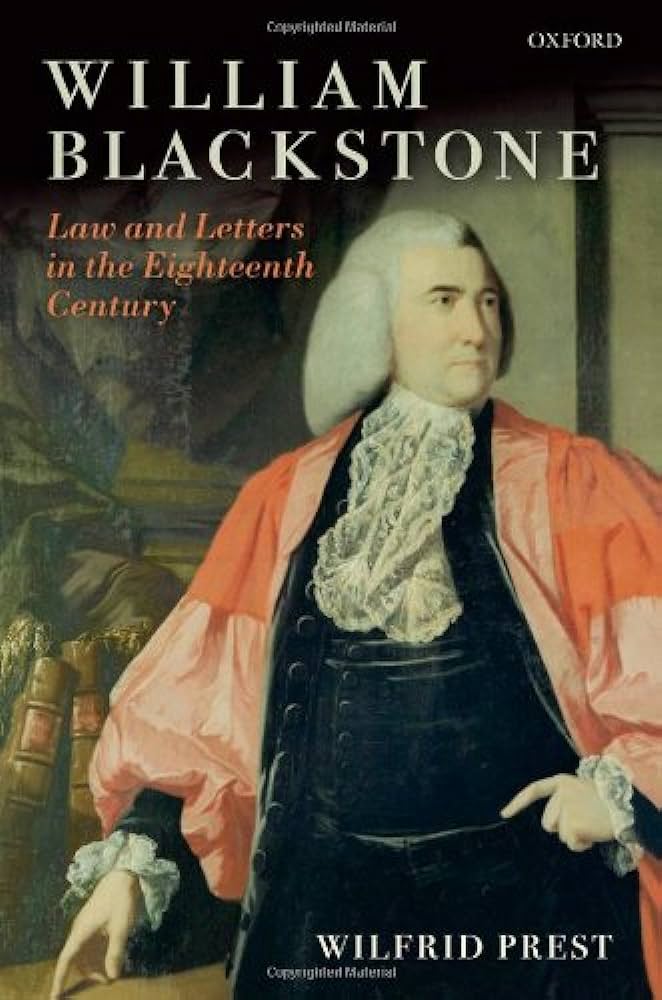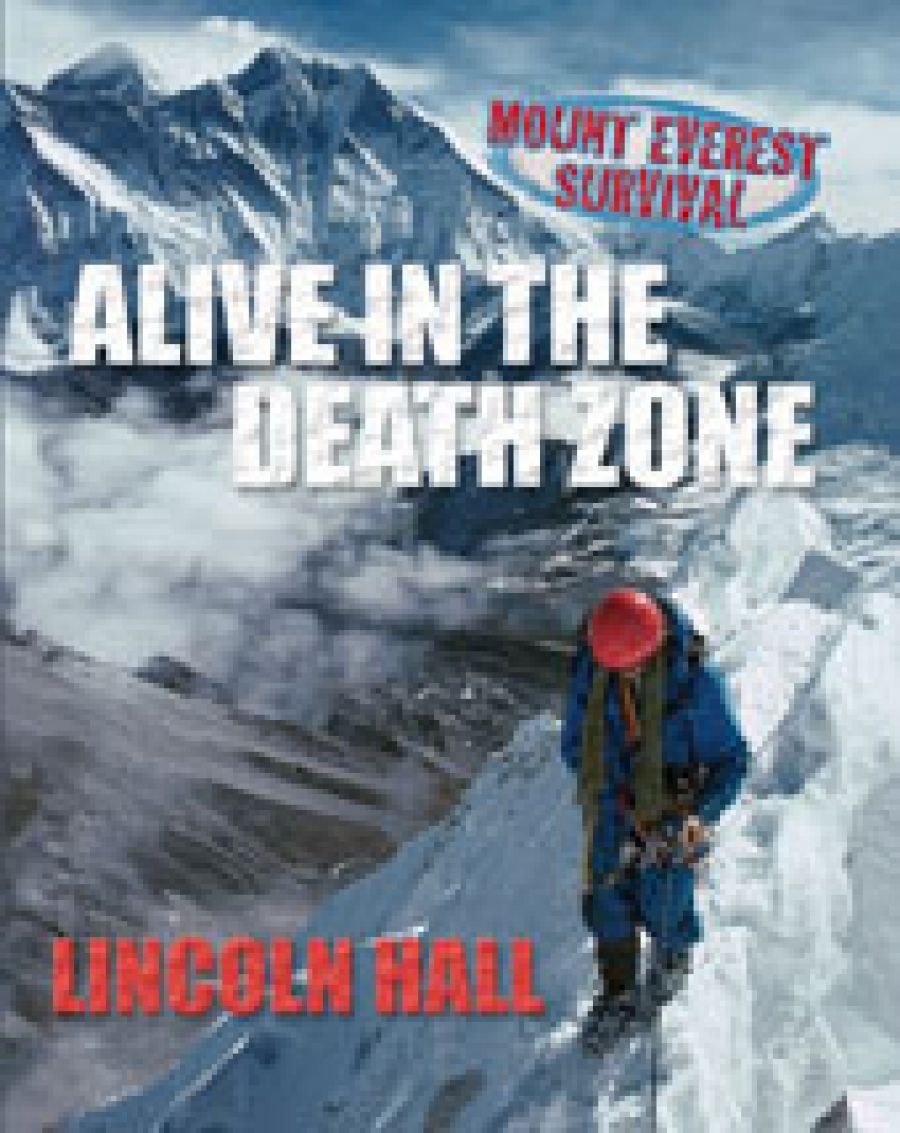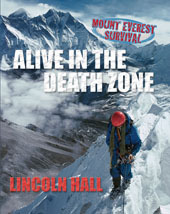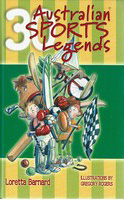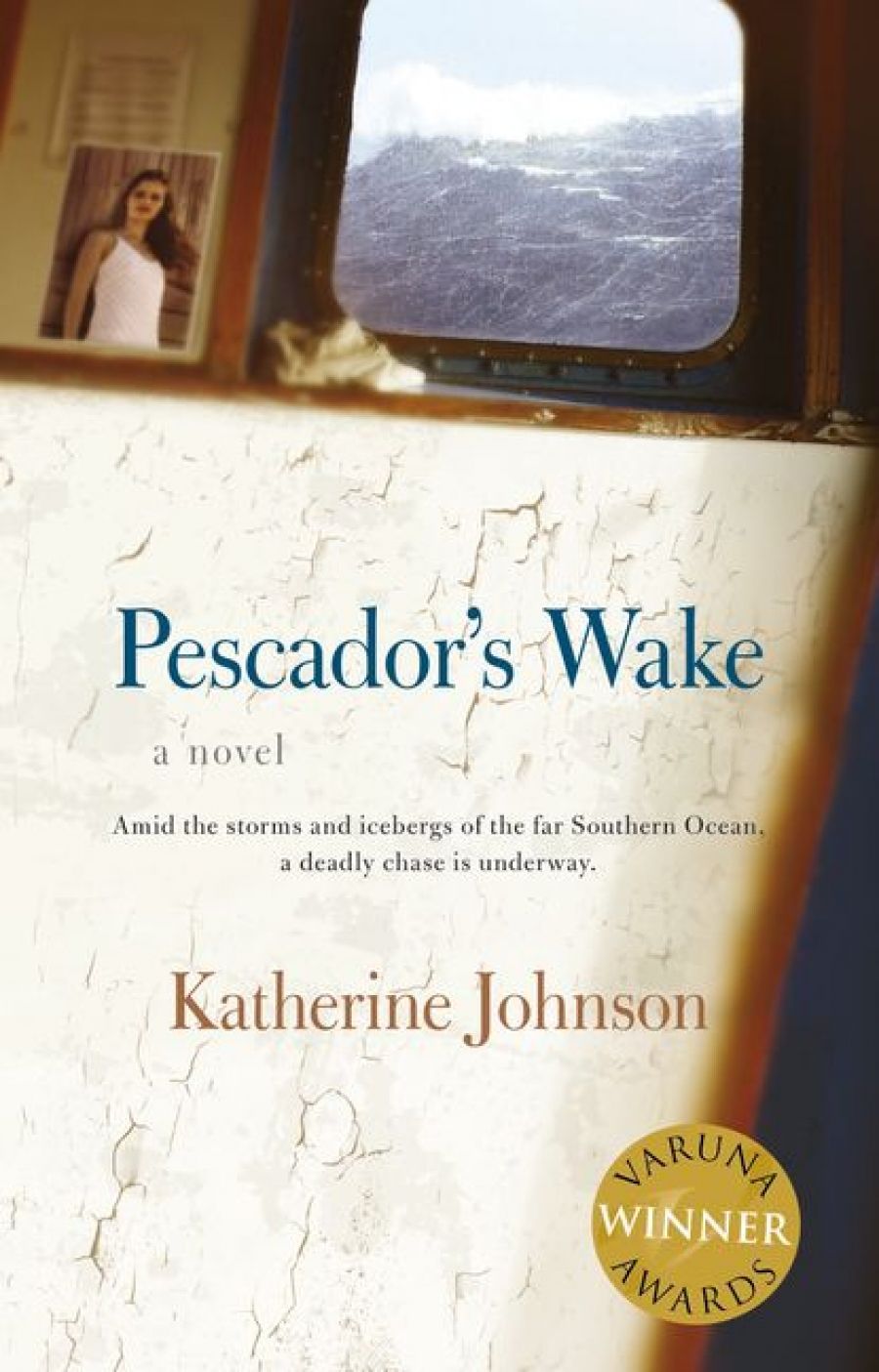Shimmying
Dear Editor.
It was a delight to go to my mailbox this morning and find the February issue of ABR. Two glimpses as I flicked through it have given me enough pleasure to last for the rest of the day, at least. One was to read Dorothy Porter’s poem, ‘Travel’. It is a moving and memorable epitaph for a great poet and performer, a ‘plucky traveller bird’. One question: is ‘shimmying-up-the-mask’ correct, or should it be ‘shimmying-up-the-mast’?
The second pleasure was to see Rachel Robertson’s photograph in Gay Bilson’s review (February 2009). I am delighted that Robertson’s essay ‘Reaching One Thousand’ was included in The Best Australian Essays 2008, and on the strength of that alone will buy the volume.
Which brings me to a note of thanks. I have received the splendid deluxe edition of The Shorter Oxford English Dictionary, my voter’s prize for nominating Robertson’s essay for the John Button Reader’s Award. This is a gift that will last me for the rest of my reading, editing and writing days. I hope that the John Button Reader’s Award competition will be run again, and that more readers will support it, giving back something for the pleasure and instruction of reading a variety of fine essays on diverse subjects every month.
Christina Houen, Perth, WA
The line should indeed have run ‘in Blake’s shimmying-up-the-mast’. Ed.
Christina Hill replies to Elizabeth Lawson
Dear Editor,
In her letter to the editor (February 2009), Elizabeth Lawson addresses my review of Peter Goldsworthy’s latest novel, Everything I Knew (November 2008). After generously concurring with my assessment of the novel as ‘overwrought and undisciplined’, Lawson poses a question about Goldsworthy’s intertextual/intra-literary references to John Shaw Neilson. Penola and Robbie Burns and asks whether some cognisance of these might have ‘modified’ my review.
What Lawson (I think too kindly) calls ‘the novel’s pointed intrigue with lyricism’ does not rescue the novel from its excesses. On the contrary, I thought this ‘intrigue’ altogether too ‘pointed’, a manoeuvre that seemed both meretricious and gestural rather than integral to a plot already seriously overloaded.
We respond to narrative in terms of our frame of values, our interests and our personal history, and the representation of the teacher-student relationship compelled my attention. I had made a number of negative comments in the review and, in the space allotted to me, I particularly wanted to include some recognition of Goldsworthy’s courage in challenging the mantra of adolescent innocence. This meant that I had to omit comment upon the literary references, which. anyway, did not ‘do it’ for me.
Christina Hill, Melbourne, VIC
Chancing her arm
Dear Editor,
In her review of Jill Roe’s full-dress biography of Miles Franklin (February 2009), Kerryn Goldsworthy misunderstands its scale and method, finding a major flaw in a main virtue: ‘the book is a magnificent feat of exhaustive research but that is one of its major disadvantages: the reader must plough through [excessive detail] ... until ... quite benumbed by facts … [Roe] too seldom chances her arm in a passage of speculation, summary, analysis or overview ...’
This complaint reappears some half a dozen times, like an insistent undertow. Goldsworthy blames Roe’s ‘methodology’ as ‘an empiricist historian’. This reductive description is pejorative; ‘empiricist’ usually means reliance on fact, but has come also to mean an overreliance. Moreover, biographies combine ‘empiricism’ with other methods. Unfortunately, ‘empiricism’ has developed a disparaging meaning in literary studies, prompting dismissive references to ‘mere’ empiricism or archival work. Meanwhile, rich literary deposits in archives around Australia, acquired at great public expense, are underused. Yet supposedly, and oddly, ‘the [biography’s] biggest weakness is that Roe is rather too much of an historian’.
The massive detail of this biography is indeed, as Goldsworthy argues, a major challenge. It is also a ‘chancing of [Roe’s] arm’. Two unasked questions arise: does the nature of Franklin’s life make Roe’s approach appropriate; and does it bring Franklin effectively to life? Goldsworthy aptly refers to ‘the breadth and complexity’ of Franklin’s experiences: ‘It is the story of a life full of travel, friendship, politics and writing.’ The life is even richer than this. Rather than ‘politics’ as such, Franklin committed herself to social activism and involvement, while her creative writing, much of it unpublished, always continued. (The journalism, co-edited by Roe, is passed over here.) Franklin’s causes were many and various. If Franklin was ‘best known for her nationalism’, it flowed into many causes. No one of her times – except the Palmers – did so much as Franklin to raise the status and independence of Australian culture, literature in particular. The public literary prize is only the visible index of her founding work. The speeches and journalism she wrote with vigour and humour, laced with a mischievous style, make her one of our most humorous writers.
The biography’s massive detail, selected and woven into a composed narrative is not, as Goldsworthy states, a question of ‘overstuffing’. To claim that the book ‘goes some way towards conveying the dense texture of Franklin’s life’ is ungenerous. Readers will deeply feel the density of the representation of the living out of the life, in both its private and public aspects. For the most part, Roe calculatingly stands back, leaving readers free to ‘speculate’. The passion of the biographer and subject is in the detail. To take one example: Roe depicts Franklin’s education at a ‘bush school’ in enthralling richness. Franklin was self-educated apart from that.
This is a monumental biography, a tribute to a notable Australian.
Laurie Hergenhan, St Lucia, QLD
Kerryn Goldsworthy replies:
Dear Editor,
That great original of Australian letters, Gerald Murnane, once remarked that the only true map of a country is the country itself. (I paraphrase, of necessity, but that is the gist of what he said.) The same applies to book reviews. If one is faced with the task of reviewing a 700-page book in 2,000 words, then inevitably the account will be a summary view, and there will be some people familiar with the territory who take issue with the way the map has been drawn. But given that my review of Professor Roe’s biography was overall a very positive one, I am bemused by Professor Hergenhan’s representation of it here, in which I barely recognise what I thought I had written.
When he says that I ‘misunderstand the book’s scale and method’, what he appears to mean is that he disagrees with me about it. When he uses the words ‘complaint’ and ‘blame’ he is misrepresenting the review, in which I was making observations and neither complaining nor blaming. When he says the word ‘empiricist’ is ‘pejorative’ and ‘disparaging’, I can only reply that he may think so but that I was not using it that way, and indeed I have great respect for facts myself. The point was that Professor Roe’s empiricist approach led to what I thought an occasional overemphasis on factual detail at the expense of more analytical, abstract or speculative passages – passages which, as I said in the review, I thought Professor Roe had written brilliantly well and of which I would have liked to read more.
The remark about her being too much of an historian was part of a larger observation, and if Professor Hergenhan thinks it looks ‘odd’ out of context, then it would be a simple matter for him to put it back in. Of course, one can-not be too much of an historian, if one is writing history – but if one is writing biography then perhaps, in my view, one can.
Professor Hergenhan appears to be leaping chivalrously but unnecessarily to the defence of two women who have not actually been attacked. I made it clear in my review that I admire Professor Roe’s book, with that one reservation, very much. And I found it unnecessary to waste any of my 2000 words in talking about how wonderful Miles Franklin was, not least because that is something that everybody already knows. The job of the reviewer is not, in my view, to heap unqualified praise upon books, their authors and their subjects, but as far as I can make out, Professor Hergenhan’s main complaint is that I did not do so.
Kerryn Goldsworthy, Queenstown, SA
Final assembly to remember
Dear Editor,
I was delighted to read the account of Valentine Leeper’s ‘intrusion’ at the final assembly at Melbourne Church of England Girls’ Grammar School, quoted by John Rickard in his review of Marion Poynter’s book on Valentine’s letters (February 2009). This amazing incident was the highlight of my final assembly at the school. I remember being ‘shocked and amazed’ and secretly thrilled that anyone would dare disrupt such a solemn event – and Valentine was right, as always! A memory to treasure.
Rosemary Goad, Middle Park, VIC
Apology to Michael Brennan
Dear Editor,
In my review of Michael Brennan’s Unanimous Night (February 2009), I ascribed the death of his brother – the subject of an extended sequence – to suicide. The poem itself never says this was the cause of death. I am mortified not only at my interpretative error but at the distress this must have caused to family and friends. I hope they will accept this apology – it was an innocent mistake.
Martin Duwell, The Gap, QLD
ABR regrets this mistake and apologises to Michael Brennan and his family. Ed.


